|
Often people are drawn to Chinese medicine for its benefits in pain management, post-injury, fertility, or stress management. Acupuncture and Herbal Medicine's superpower is in their ability to keep the body in balance and prevent illness before it occurs. Acupuncture is part of traditional Chinese medicine that involves the insertion of thin needles into specific points on the body to stimulate and balance the body's energy flow. The stimulation of these acupuncture points helps balance the flow of energy, or Qi, throughout the body. Here are some of the benefits of acupuncture as preventive medicine
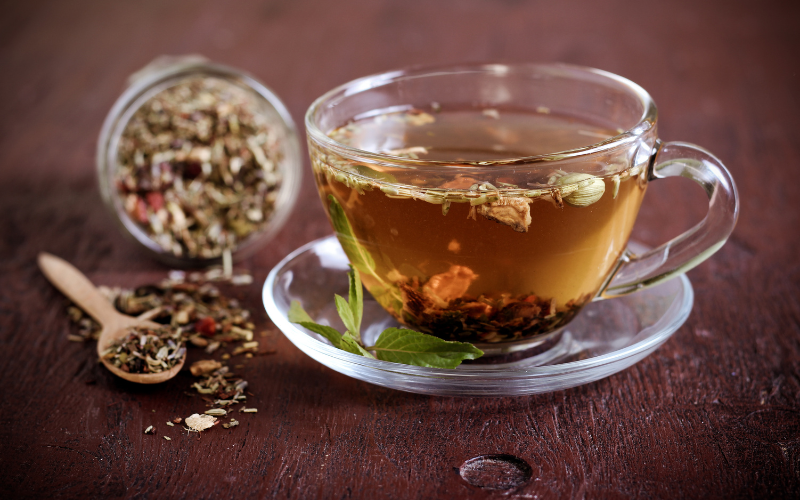 Reduces Stress: Stress can weaken the immune system and make us more susceptible to illness. Acupuncture can help reduce stress and promote relaxation, which can boost overall health and well-being. How does acupuncture do this? There are a few mechanisms. Acupuncture stimulates the release of neurotransmitters and other signaling molecules, such as serotonin, dopamine, and adenosine, which can affect the nervous system, including pain relief, relaxation, and improved mood.  Enhances Mental Health: Acupuncture has been shown to improve mood, reduce anxiety and depression, and improve overall mental health. By addressing mental health concerns before they become more severe, acupuncture can help prevent the development of chronic mental health conditions. Acupuncture stimulates the release of endorphins, which are natural painkillers produced by the body. Endorphins bind to opioid receptors in the brain and spinal cord, reducing the perception of pain and promoting a sense of well-being.
1 Comment
Transitioning Into the Yin Water Rabbit YearWe have just shifted from the Yang Water Tiger to the Yin Water Rabbit. Chinese New Year started on January 22nd and continues until February 5th. The Water Tiger year was a bit of a tumultuous year, and the year of the Water Rabbit will be a more balanced and peaceful year. The Rabbit in Chinese Astrology also symbolizes luck and also has the unique characteristic of waiting for an opportune moment and then leaping into action. Chinese Astrology is based, on the five elements, just as traditional Chinese medicine is, Metal, Water, Wood, Earth, and Fire. Yin is associated with the color black, so we can say it is a Yin Black Rabbit. Rabbit Energy Moves fast but also likes rest. The energy of the rabbit year is associated with prosperity, longevity, and peace. The rabbit represents springtime, the energy is waking up and becoming more active and growth is a big part of this year ahead. This is a great year to start a business. As I have seen with our rabbit when she feels afraid, she will thump the ground. This is meant to ward off predators. They do not like to fight. Wood Element The organ also associated with the Yin Rabbit is the wood element, which correlates to the Liver. The wood element relates to change and movement, reaching our goals. Flexibility is also very important with the wood element. Wood is based on strategy and timing. It is essential to be flexible when obstacles come up. It is important to keep the energy flowing. This year also has the potential to be a mystical year as well. 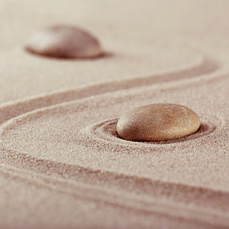 Female Yin Energy Yin is female energy in Chinese medicine. It is associated with the moon, calm and peaceful energy. It focuses on intuition and thoughtful actions. It is rooted in the earth and grounded in energy. This will also be a rejuvenating year, which will balance out the strong energy from last year. It is also essential to be clear about what you are asking for this year because doubt is associated with water energy as well. To balance this out, staying grounded is essential. Whatever you do that has grounding energy for you: meditation, exercise, Tai Qi, quiet time, acupuncture, and herbal medicine. It is important to have these aspects in place to keep your energy grounded and fluid. Our seasonal cleanse, aligned with the change in seasons. Join us for this 3 week cleanse where you are supported, guided, and kept accountable. We will be gradually eliminating into a detox at your level and then smoothly integrating back into your regular diet giving you better habits going into Autumn.
Please Join us for our Start Date: Monday September 26th, 6pm RSVP for either of the following cleanse programs: As we enter Spring we enter the wood element in Chinese medicine. The wood element represents change. There are so many global issues today around the world from global pandemics to war. When we resist change in the world the elements fall out of balance. It is challenging during these high energy times of extreme change to stay grounded. There are many principles within Chinese medicine that can help us achieve balance and grounding even in the midst of extreme change. The Spring equinox is when the sun is directly above the equator and the northern hemisphere is tilted towards the sun bringing the warmer days. Night and day are now mostly equal which parallels yin and yang in balance and harmony. Coming out of the Winter yin months and emerging into Spring requires some yang energy in a sense to bloom. From ancient medicine's perspective, the body is a microcosm of the environment, and when we are more in rhythm with nature we can flow more easily in our healthy lifestyles. This can be a time for planting new seeds metaphorically and or blooming those incubating into fruition. Because we are building up more yang energy this can require some inner strength building. Spring is the element of Wood in Chinese medicine. We can think about it as a tall strong deep rooted tree with its branches spread to the heavens. Just as trees we are mediators between earth and heaven. We bring the two worlds together with our spirituality and our reality. Staying rooted with the earth is very important to our human nature. We can easily get caught up in a concrete technological world. With rooted practices, this can help give you the strength to emerge tall in blooming forth your creative gifts and endeavors. Grounding Practices Some easy grounding practices can take as little as 5-15 minutes a day. Your communion and direct contact with the earth are healing and have been studied to be beneficial for physical and emotional health overall. If you like to plant or garden, you can use your bare hands to plant and bare feet to walk around in your garden. Take a break to get outside and lie in the grass on a blanket with your feet directly on the earth. Fresh air and sunshine are always beneficial, but even stargazing at night can be a real treasure. In this scientific study published by J Environ Public Health, “ The Earth's surface possesses a limitless and continuously renewed supply of free or mobile electrons…Through this mechanism, every part of the body could equilibrate with the electrical potential of the Earth, thereby stabilizing the electrical environment of all organs, tissues, and cells.” Earthing can help the body overall physically and mentally. 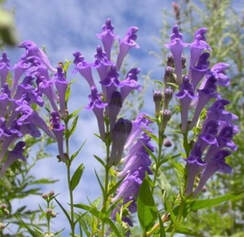 Herbs Some of my favorite herbs for grounding and spring are Milk Thistle, Scullcap, and Lavender. Skullcap Both western herbal medicine and traditional Chinese medicine use Skullcap. In Western herbal medicine, the American skullcap is very beneficial for mood stabilizing and lowering anxiety by stimulating gamma-aminobutyric acid (GABA), a neurotransmitter that helps calm the nervous system. Skullcap is an excellent nervous system regeneration herb as well, which helps balance the nervous system that has been under chronic stress. In traditional Chinese medicine, Huang Qin is known as a powerful antiviral and antibiotic herb. Both American and Chinese Skullcap are high in antioxidants making it an excellent herb for protecting the body from free radicals and anti-cancer. American Skullcap also has neurodegenerative properties preventing Alzheimers and Parkinsons Disease. There have been studies showing the chemical constituent Skullcap, baicalin is very promising for treating insomnia and protecting the heart from heart disease. 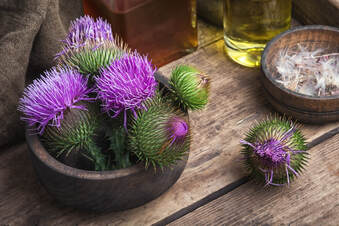 Milk Thistle Milk Thistle is a quintessential herb for springtime and cleaning the liver. Milk Thistle is a powerful antioxidant with the active constituent, Silymarin. Silymarin is well known for protecting the liver and preventing free radical damage. It is essential to cleanse and regenerate the liver, even with a dietary cleanse often herbs are needed to facilitate the liver's ability to flush out toxins. In addition, it is stimulating the production of new liver cells, protects the kidneys, and works with a weakened immune system. Milk Thistle is also an excellent herb for weakened adrenals from stress in our everyday lives. Milk Thistle also works with the bowels to regulate bowel dysfunction and calm inflammatory bowel disease.  Lavender Lavender is an excellent grounding herb. Known as a nervine and balancing the nervous system. Lavender flowers have a long history of uses for depression, headache relief, sleep, insomnia, anxiety, skin disorders, menopause, and digestive upset. Lavender is a flowering plant in the mint family. Dating back over 2,500 years lavender originally came from the middle east, the Mediterranean, and India. Lavender is a cooling herb going to the Liver, Lung, and Pericardium channels. Traditionally lavender bundles were placed in the hands of women during labor to give them courage and strength. In addition, the scent contributed to easing anxiety and stress during childbirth. Lavender flowers have a very high concentration of volatile oils which make them excellent for steam inhalations and herbal baths. Lavender flowers can also deter insects. It can be bundled and added to clothing drawers to deter moths as well. The lavender scent is most widely known for its use for depression, anxiety, and stress. Dried lavender bundles can be hung in the house or by the bed to aid in sleep. It is also very good for children who have trouble sleeping or with nightmares. Lavender tea can be taken at night to also aid with sleep, calm anxiety, and depression. Lavender is also excellent for irritability or a sense of disconnection, conflict, or "stuck" emotions. Essential Oils Some essential oils I love for grounding are Frankincense and Cedarwood. Frankincense Ru Xiang resin - from Boswellia tree This oil dates back to ancient times, mentioned throughout history as an oil used for healing and as a sacred gift. In aromatherapy, inhaling the scent of essential oil (or absorbing it through the skin) sends messages to the limbic system, a brain region that influences our emotions and nervous systems. Frankincense has an ancient smell. It is transportive and remains one of my favorite herbs for balancing and grounding. It enters the Lung, Heart, Kidney channels. It is an excellent mood balancer. It will help with feelings of anxiety and boost immune function. It is also an excellent anti-inflammatory and can be used on inflamed muscles, healing broken bones and arthritis. It has a sweet woody smell, its aroma diminishes feelings of stress and anxiety while improving concentration as well. 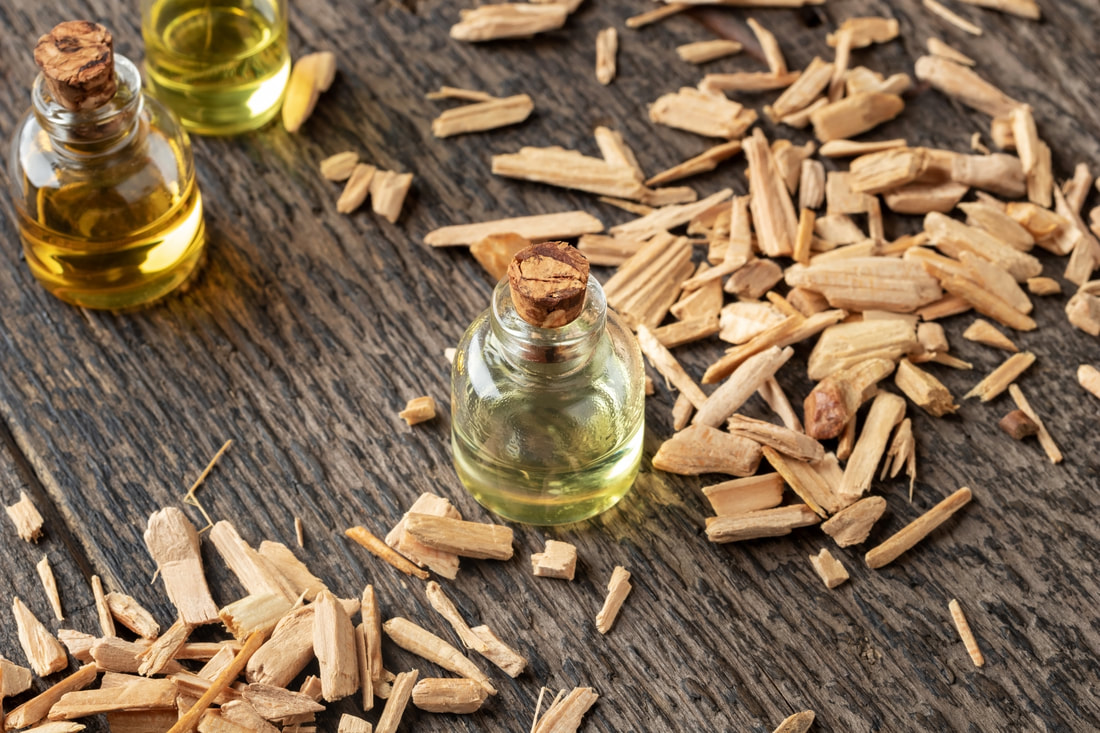 Cedarwood Has a warm woody scent, derived from various conifers and pine trees. It is distinctly grounding and balancing. The cederol constituent in Cedarwood is known for being a mood stabilizer and excellent for anxiety and nervous system balance. It is also a sedative herb that will assist with insomnia and trouble sleeping. Points Acupoints can be very beneficial for grounding. You can use some of the following points with pressure rubbing 9 times in a clockward motion and counter clockward motion. 9 is a complete number and can be used in a series set. You can also use a tapping technique called EFT (Emotional Freedom Technique). You use your fingertips to tap on the points to stimulate and activate them. Whenever you are feeling a bit flighty, anxious, or just want to connect to your inner source here are some points you can use. 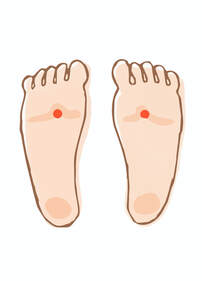 K-1 is located on the sole below the ball of your foot, about one third of the distance between the base of the second toe and your heel. There’s a depression formed when the foot is flexed between the second and third toes. This point actually returns the unrooted back to its source. It will help bring all the heady energy back down to create balance within to calm the spirit. 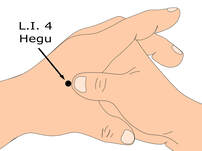 LI-4 is located on the web of the hand between the thumb and the index finger. When you squeeze your thumb against the base of the index finger it's the highest bulge of the muscle approximately level with the end of the crease. Li 4 is a very influential point. Affecting the head and face. It is a strong moving point and combined with LV 3 works in conjunction to move qi and blood throughout the body, keeping the energy flowing and preventing stagnation. 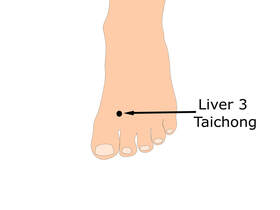 LV-3 is located on the top of the foot, between the first and second toes going toward the ankle in the junction of the first and second metatarsal bones. Run your finger between the space of your first and second toes. Liver 3 has a powerful moving energy. Relieving stuck energy, facilitating change, and moving liver qi stagnation. 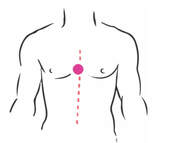 Ren 17 is located on the midline of the sternum, it's directly between the nipples for men. You can feel a depression right in the center of your chest. This point is a good one for tapping and unbinding any tension in the chest descending qi downward. Stone Medicine A few stones I love for Spring equinox and grounding are Selenite, Flower agate & Black Tourmaline. Flower Agate Flower agate is the ultimate spring stone, facilitating your growth and blossoming in the springtime. Flower agate is a relatively newly discovered stone that comes from Madagascar. I was immediately drawn to flower agate. It is a beautiful stone. It connects the heart and root chakra and stimulates a sense of purpose bridging the gap between reality and your emotions. This is a self-growth stone. Everything blossoms in spring and sprouts, this stone facilitates your ability for self-growth and evolution on your path to self-discovery. Restoring emotional balance and connecting us to joy and spontaneity. This stone is also very good for insomnia and anxiety, grounding you in your spiritual and emotional needs. Selenite Is the quintessential clearing stone. Removing negative energy and cutting unwanted bonds that continue to hold you back. Whether this is a mindset issue or connected to another person. Selenite which is believed to be a crystallized form gypsum, “Shi Gao” in traditional Chinese medicine is used in the materia medica in combination with herbs. Selenite is feather-light and a soothing stone. It is highly spiritual and excellent for shifting energy blocks and breaking unhealthy attachments. To facilitate your intuition and guide you on the best path ahead. Black Tourmaline
Is an essential grounding stone. Each piece is unique, the black color indicates its association with the root chakra. It can be found as far away as Brazil and as close as Maine. Black tourmaline is an excellent stone for those that are extra sensitive. It is not only a grounding stone but a protective stone as well. If you are lacking confidence or having trouble making decisions this is the stone for you. Black tourmaline will also help you identify negative patterns and break them. Lunar New Year is celebrated on the second new moon following the Winter Solstice. This year being February 1, 2022. Referring to the Chinese Zodiac we are coming out of the year of the Metal Ox and moving into the year of the Water Tiger. The Tiger represents strength, courage, and confidence. The characteristics can be generous, enthusiastic, ambitious and adventurous. With Tiger energy and inspiration we can take steps towards self actualization. Pursue the dreams and goals we've talked about and put on the back burner. This year we can plan to face our challenges with assurance in self knowing that our ideas are attainable with commitment and time. Water is one of the 5 phases in Chinese Medicine. Being the Water Tiger this year there is another layer to this. Water represents fear, and the spirit is Zhi which represents the Will, responsibility and destiny. With these two symbolic sources coming together we can tap into our higher selves to get clarity on the lifework that we are passionate about. This year we can face our fears and have the will and strength to do this. This reminds me of the energy of the third chakra, the Manipura, solar plexus that is located in your stomach area. This is the chakra when aligned gives confidence, self esteem, and designates ourselves as the captain in the driver's seat, as we are in control of our lives. This may be a commitment to our personal healing. It's so easy to get wrapped up in doing and working outside of ourselves. We may want to be generous, but we may need boundaries in place for us to replenish. The journey to self actualization starts with the keys within. Sometimes we can use some support in finding those keys, and through holistic medicine, diet, herbs, and lifestyle this can all be attained. Please accept this gift of 25% off for the Lunar New Year celebration on all initial visits in the month of February. Book through the month of February to redeem your discount. Looking forward to an exciting new year with all of you, as we are collectively evolving into our best selves! During the winter months we are afforded the opportunity to rest and take time for introspection. The balance between activity and rest is most important during the winter months. Winter is in the yin phase, time for reflection. Winter is the season to slow down and gather our energy, but it is also important to get some time outside especially on sunny winter days and be active. A brisk walk, skiing, snowshoeing are all excellent activities during winter months. Foods For Winter Months Winter relates to the Kidney and Urinary Bladder. In TCM the kidneys are the storehouse for “Jing,” or Essence. This relates to the genes we were born with and that which continues to nourish us during our lifetime. Jing is something we would want to work to preserve in our body and not squander. It is not replaced, but can be nourished. This also includes our bones, teeth, joints, brain, ears and marrow. The kidneys are also connected to the adrenals and nervous system. Signs of kidney imbalance are, adrenal exhaustion, inflammation, autoimmune disorders, anxiety and fear. Foods that will nourish us during this time of year are seasonal foods including root vegetables, nuts and seeds, bone broths, and beans such as kidney bean. We want to focus on warm cooked foods avoiding raw, cold foods during the winter months. In addition, we want to add in warming spices such as:
This is an excellent time to make bone broth and add this to other recipes you are preparing. Why is bone broth so great?
Adaptogenic Herbs Winter is also an excellent time for adding in adaptogen herbs which help the body modulate stress and build immunity. Some of my favorite adaptogenic herbs in winter are
Ashwagandha is a premier herb for modulating stress and reducing the activity of the hypothalamic-pituitary-adrenal (HPA) axis. In studies it has been found to significantly reduce anxiety. Ashwagandha may also help with depression. Seasonal effective disorder effects over 10 million Americans. It also has been found to reduce inflammation in the body by reducing C-reactive protein. Oatstraw - Oatstraw is as a restorative tonic used to reboot the body and nervous system after prolonged stress, exhaustion, illness or burnout. Oatstraw also contains calcium and magnesium, which are essential for sleep. The silica, calcium, and other minerals in oatstraw are essential for healthy hair and nails, in addition oatstraw contains an easily assimilated form of calcium which nourishes bones and teeth. Oatstraw is an excellent decoction in the winter months. Use a mason jar fill with 1/3 full of dried oatstraw add boiling water and let sit for few hours. Sip throughout the day. Astragalus, (huang qi), is a classic tonic herb used to boost the immune system which is especially important during winter months. What I love about huang qi is its versatile nature. Huang qi is easily added to a soup, it can be taken in tincture, capsule form or used in a decoction (which is a strong tea). Huang Qi is often paired with other herbs in a formula which work synergistically. It is often paired with herbs such as, dang gui, gou qi zi and tai zi shen (American Ginseng). American Ginseng (Tai ZI Shen) is one of my favorite varieties is Ginseng. American Ginseng grows throughout North America and Canada. It is as an excellent adaptogenic herbs. Although this variety of ginseng is strong, it is also very nourishing and more moderating in effect. Studies show that the ginsenosides found in Tai Zi Shen may help to stimulate the immune system, lower blood sugar and slow growth of cancer cells. These same ginsenosides may also help to fight fatigue in the body especially due to chronic illness. American Ginseng also has antiviral properties which make it useful in fighting against viral respiratory illnesses. Meditation, Breathwork and Journaling Winter is in the Water Phase which is the most yin in the 5 phases of Water, Wood, Fire, Earth, and Metal. Winter is the time to go within and reflect on self nurturing. Meditation is a great way to to listen and be still. To make it a ritual routine, the best time to do this is either first thing in the morning when you wake or right before bed to calm you to sleep. There are several ways to meditate. A simple method is sitting up straight, in a comfortable position. Take a moments to be conscious of your breath inhaling through the nose and slowing down your exhalation making a “S” sound out your mouth. This slow exhalation stimulates the parasympathetic nervous system bringing your body into a more relaxed state. You can envision a bright light coming through the top of your head and flowing through your body like a waterfall into the earth below clearing away anything that does not serve you. In this grounded position bring to mind a question or intention for the day. Trust your subconscious and allow it to reveal to you what you need in that moment. Take the time you need or set a 20 min alarm to warn you that it's time bring it to a close. Take a few moments to journal what came to you in these meditations. Record what you saw or heard and any action steps. Trust your intuition, journaling is important here because action steps are easily forgotten if not written down. Sometimes journaling a little before you meditate can help release some things or bring clarity for when you are ready to take the moment to be still. Meditation can enhance self awareness and have more control over an overactive mind. Try committing to 20 minutes a day and see how much it improves your mood and sleep.
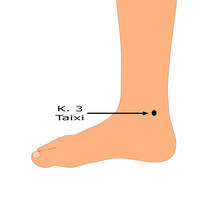 K- 3 Taxi (Supreme Stream) This is a source point for the Kidneys which connects directly to our core Jing essence. This nourishes kidney yin and tonifies kidney yang to bring balance and harmony. On the medial aspect of your foot this point is directly behind the ankle in an indentation. Press with pressure and you'll find it. 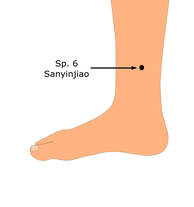 Sp 6 - Sanyinjiao (Three Yin Intersection) This is the meeting point of three different Yin channels, Spleen, Liver and Kidneys. It’s the main hub station to tonify yin and invigorate blood. This point is contraindicated in pregnancy as it can induce labor. It’s a great point for regulating menstruation. This point is found on the medial side of the leg. Use your four fingers just above the ankle as a measurement, and the point if just behind the back edge of the tibia bone. To stimulate the points just press on them and rotate 9 times clockwise then 9 times counterclockwise to get a good balance. If you have moxibustion, you can also heat the points by hovering over them for about 3 sets of 9 seconds for each point. Self care is essential and healing. Adapting with the rhythms of the seasons and nature we can tune into our internal world that is a microcosm reflecting our outer world. Listening, slowing down, and being willing to commit to yourself will maximize your winter. As we head into fall away from the beach and back to school and work we shift our focus from being outdoors a lot to more indoor time. A few simple shifts can help your body adjust to to fall rhythm more naturally. Sunlight Sunlight is a major factor in helping your body produce melanin which triggers the hormone melatonin in your pituitary gland regulating your circadian rhythm. Melatonin is essential for sleep but also boosts your immune system. Just 20 minutes of sunlight is necessary for the benefit effects. Early morning sun is the most beneficial. Getting up out in the am just for 30 minutes before you start your work day will have significant benefits. Sunlight aids the body in producing Vitamin D3 which is essential for a healthy immune system. If you are working from home give yourself an extra 30 minutes to get outside before you sit down to work. If you are heading into the office and walking is an option to get to work, choose this as your transportation, you are not only getting the benefits of sunlight but also getting in some exercise as well. Immune Boosting Foods Eating healthy foods with vitamin C such as limes, oranges, and clementines are essential to fighting off infections. Garlic, onion, ginger, and spinach are also on top of this list for building a healthy immune system. Also eating seasonal vegetables and fruits such as apples, brussel sprouts, butternut squash, crab apples, cranberries, and turnips. Check out some local fall farmers markets for inspiration and local organic vegetables. We are also shifting into soup season. Try lighter soups, with vegetables and beans with lots of onions and garlic. In addition, add bone broth to meals for added immunity. There are many high quality bone broths available today at most markets. Just make sure you chose an organic option and packaged in glass or BPA-Free container. Pumpkin is also a great option, it is high in vitamins and minerals and very high in beta-carotene. Skip the canned pumpkin and opt for fresh options. Sleep As the sun begins to go down earlier this can easily throw off your natural circadian rhythm. Try to maintain a healthy sleep schedule. Get to bed earlier and no electronics before bed. Reading or a guided meditation are your best options for a good night's sleep. In addition, adding in epsom salts baths with some lavender before bed is super helpful. The sulfate and magnesium in the epsom salts will also help with detoxing and relieving joint pain flair ups as the cooler fall months approach us. Journaling
September for me is the start to a new year. One of the best ways for me is to plan my health goals, business goals and personals goals is through journaling. The power of manifestation begins with a thought. This can start with an image in your mind, but I find the power of journaling and writing down our health goals as well as other goals is the first step for change. It is also super helpful to revisit these goals every morning or weekly to keep you on track. It’s hard to believe it’s that time already! The summer is such a an amazing time to rest, relax and recharge from the year. Back to school is always an exciting and high energy time. As kids get back into the school year the goal is to keep them healthy, happy and productive. Kids today have so many after school commitments as well, it is easy for kids to get run down. Here’s what I recommend. The first thing on my list is a high quality children’s probiotic. Do not use an adult probiotic, it should specifically be for children. Probiotics not only supports gut health but research shows probiotic also boosts immunity as well. In 2018 a double blind study done found that probiotic aided in supporting upper respiratory infections was more successful then placebo. * What we know is that gut health also effects the overall wellness and balance of the body. If gut is healthy our bodies are more likely to be able to fight off infections we encounter. This is especially true for children. Children spend most of their day in classrooms in close contact with other children, germs are spread across surfaces and thought the air. Although hand washing is essential we can’t always depend on this during the day when are not there to remind kids. Next on my list is Vitamin D3. During the summer months kids are outside getting Vitamin D3 naturally from the sun. In the fall and winter the exposure to the sun will be more limited. Not only does Vitamin D3 help with the absorption of calcium in the body which is essential in adults and children, it also aids with bolstering the immune system. Research has found a deficiency in vitamin D3 is associated with increased autoimmunity as well as an increased susceptibility to infection. * A staple in our herbal medicine chest is Gan Mao Ling. Gan Mao Ling is a Chinese medicine formula consisting of, Gang mei gen, San cha ku, Huang jing, Ban lan gen and Jin yin hua. This is one of my go to herbal formulas at the onset of a cold or flu for myself and my children. It should always be in your herbal medicine chest. I will even use this formula if I feel my children or I have been exposed to someone who is sick, as a preventative. As with all herbs use a high quality brand which ensures good manufacturing practices and a company that tests for the quality of the herbs. One of my favorites is made by Plum Flower brand. Meditation /mindfulness and breadth Work are techniques kids can readily use to for a much needed “mental break”. Adolescents today face a host of challenges that previous generations did not. The rise of the digital age, the increasing competition in education, a rise in peer pressure and the burden to succeed in an ever competitive environment. Children today are twice as likely to suffer from anxiety, stress and depression. According to the City of New York office of the Mayor, in New York City’s 1 in 5 adult New Yorkers is likely to experience a mental health disorder in any given year and a staggering 73,000 NYC public high school students report feeling sad or hopeless each month. Meditation calms the nervous system and decreases stress hormones in the body. Studies have shown benefits for gastrointestinal symptoms, obesity, headaches, high blood pressure, pain sensitivity, and immune function. A trial of 300 urban middle-schoolers using school-based mindfulness instruction led to improved psychological functioning and lower levels of post-traumatic stress disorder (PTSD) symptoms. Although guided meditation and having a meditation teacher is invaluable it is also very effective to download a free app and get started. This way kids are able to access the meditation anytime they feel like they need a break! I like, Insight timer and Clam. Lets not forget moms and dads. I found meditating with my girls is a great way to get them meditating and have some claiming together time. 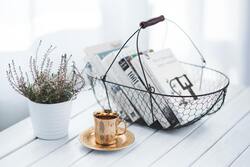 One of my new favorite things for kids is, Bee Propolis Spray. Propolis is a well know immune system enhancer. Propolis is from the sap on needle-leaved trees or evergreens. When the bees combine the sap with their own discharges and beeswax, a sticky, greenish-brown product used as a coating to build their hives, which is propolis. Propolis from different areas of the world will have a different chemical constitutes bases on the flowers and trees the bees have access to and thus different health benefits. Propolis contains flavonoids which have antioxidant properties. Propolis and its extracts have numerous applications in treating various diseases due to its antiseptic, anti-inflammatory, antioxidant, antibacterial, antimycotic, anti-fungal, anti-ulcer, anticancer, and immunomodulatory properties. Propolis also contains vitamins, such as vitamins such as, B1, B2, B6, C, and E and useful minerals such as magnesium (Mg), calcium, potassium, sodium, copper, zinc , manganese, and iron. * I find clinically the throat spray to be very effective in fighting off streptococcus virus in children and teens. Some children are more prone to strep occurrence and re occurrence. I have found this to be very helpful in prevention and even treating Strep Throat. The brand I love is, Beekeeper Naturals, Propolis Throat Spray. It’s no secret, that I love summer. The ocean, sand between my toes, warm weather, the mountains and hiking foraging for herbs. Nonetheless, the winter has a lot to offer our spirit as well. In Chinese medicine this is yin time. It is a time to go inward, reflect, rest, cultivate quiet and rejuvenate. This year especially, I think collectively people are struggling with the continued pandemic and social distancing. Here are some tips to cultivating the yin in winter months and thrive. Get Outside Take a walk, a winter hike, go skiing, snow shoeing or ice skating. Even if it’s only 15 or 20 minutes, the benefits will be felt. The fresh air and the movement will all benefit your body and well being, emotionally and physically. If you are inside, using a Sun Lamp during the day will help with with Seasonal Affective Disorder (SAD). Studies show that indoor sun “happy lamps,” help with seasonal depression and lack of vitamin D during the winter months. Light therapy is thought to affect brain chemicals linked to mood and sleep, easing SAD symptoms. Using a light therapy box may also help with other types of depression, sleep disorders and other conditions. Light therapy is also known as bright light therapy or phototherapy. With a 10,000-lux light box, light therapy typically involves daily sessions of about 20 to 30 minutes a day. Here is a Sun Lamp I recommend. Vitamin D3 Vitamin D is essential during the winter months, especially with our focus on virus prevention. Vitamin D is nicknamed the sunshine vitamin because your body produces it after sun exposure. It has long been known to help build strong bones by increasing the body's absorption of calcium and phosphorous. Vitamin D has an immune modulating affect, thereby lowering the rate of respiratory infection and possibly affecting the cytokine storm. Observational studies coming from 3 South Asian hospitals have found lower levels of Vitamin D3 being linked to more severe cases of Covid-19. Research has also shown that Vitamin D plays an essential role in regulating mood and preventing depression in winter months. Cultivate Coziness Nordic countries have long touted the idea of cultivating coziness. Norway and Sweden, have only 6 hours of sunlight during the winter months. I have found cultivating a coziness in our home is especially important during the winter months. Wood stove fires, simmering warming herbal teas, creating a cozy corner with warm blankets and a comfortable chair. Of course the continued quarantine is wearing on everyone, adults and children. At times the Covid saga seems endless, but cultivating some simple pleasures may help a great deal. Get creative and create a space in your home you can enjoy, read, draw, meditate or spend quite reflective time. Warming Herbal Teas One of my favorite parts of winter is warming herbal teas. There is an endless variety you can be creative with to find a combination that is not only nourishing, but comforting. Here are a few blends I love during the winter months. Winter Warmer 2 parts Cardamom 1 part Rose 2 parts Black tea 1 part Goji berries Winter Reprieve 2 parts Fenugreek 1 part Cinnamon 1 part Cardamom 1 part Chaga 1 part Ginger 1 part Nutmeg Essential Oils Essential oils have the amazing ability to lift the spirts and transport us to another place. Using essential oils in a diffuser during winter months can not only help with seasonal depression but can help with sleep, clarity and focus, positive outlook. A few of my favorite oils for this are Juniper Berry, Bergamot & Geranium. Juniper Berry is a coniferous tree in the cypress family, which grows throughout North America and is native to Bulgaria. The oil is ideal for diffusing because it is calming and grounding. Bergamot is one of the best essential oil pairings for Juniper Berry, and will enhance the benefits of this aromatic fusion by providing a calming and uplifting effect. Together, this blend will enhance positive feelings and create a calming atmosphere.
The participants were able to reduce sleep medication when also using a diffusion blend of these oils. . The smell of juniper berries has been known to offer emotional support and reduce stress. Juniper oil is a powerful oil for reducing stress when inhaled. Juniper is also an antiseptic herb and can be added to a carrier oil such as coconut oil and applied to the skin which will help combat dry, itchy, flaky skin which is very common in the winter months.
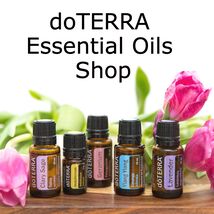 *These statements have not been evaluated by the Food and Drug Administration. This information is not intended to diagnose, treat, cure, or prevent any disease and for educational purposes only. September is always a time for new beginnings. This year brings some new challenges to the forefront of our minds. The past six months have been challenging between Covid19, protests, wild fires, unrest, uncertainty, it hasn’t been easy. At the same time there have been many blessings. A chance to slow down, reflect and time with family. As we head into fall the air is crisp the days are cooling off and the evenings come sooner. For some we are sending kids back to school in person and others virtual. Others are heading back into the office and this brings its own set of concerns. Under the surface I think we are all grappling with some anxiety and fear of the unknown we are stepping into. Addressing our nervous system is essential not only for adults but for our children and teens as well. Some of my favorite herbs for anxiety and stress are: Ashwagandha and Passion Flower Ashwagandha has a clinical history of over 3000 years, originating in India. Its botanical name is, Withania somnifera, and it’s also known as Indian ginseng. It is a well known adaptogen herb, meaning it has the ability to regulate certain hormones or metabolic functions in the body, it helps the body adapt to stressful situations and also improves our natural response to anxiety. Ashwagandha plant is a small shrub with yellow flowers that's native to India and North Africa. Extracts or powder from the plant's root or leaves are used to treat a number of conditions. Chronic stress leads to elevated levels of cortisol in the body. Cortisol is a stress hormone that your adrenal glands release in response to stress, this also happen when your blood sugar levels get too low. When adults and children have chronic stress cortisol levels may become elevated over time, this can lead to high blood sugar levels and increased fat storage in the abdomen. In one study in chronically stressed adults, those who used Ashwagandha had approximately a 30% reduction in cortisol, compared with the control group. In another recent study Ashwaganda had the ability to block the stress pathway in the brains of rats by regulating chemical signaling in the nervous system. In yet another study, people with chronic stress were observed for three months , those in the group that supplemented with Ashwagandha reported a 69% reduction in anxiety and insomnia, on average, compared with 11% in the placebo group. Several studies also show Ashwagandha can also help decrease inflammation in the body. Inflammation is toxic in the body for many reasons. There is acute and chronic inflammation. Acute inflammation happens over a short period of time and the body is usually able to resolve this and bring the body back to homeostasis. Chronic inflammation is more problematic. It lasts longer than 6 weeks and does not always resolve on its own, it has been linked to autoimmune disorders, depression, fatigue, insomnia, weight gain, pain, mood disorders, frequent infections and gastrointestinal issues. Ashwagandha also has brain boosting properties as well. Historically it has been used to boost memory and it promotes antioxidant activity that protects nerve cells from harmful free radicals. In one study healthy men who took 500 mg of standardized extract daily, found significant improvements in their reaction time and task performance, compared with men who received a placebo. Ashwagandha also increases the activity of natural killer cells in the body, these are immune cells which fight infection. This is especially important as we move into cold and flu season and Covid19 the need to stay vigilant in protecting our ourselves from outside pathogens is essential. Here's an ashwagandha I use in my clinic click here for details. Passion Flower is a climbing vine that is native to the southeastern United States and Central and South America. Native cultures have used Passion flower historically as a sedative herb. Passion Flower has many uses from anxiety to insomnia, in addition it has also been used for pain conditions, menopausal symptoms, ADHD (attention-deficit hyperactivity disorder) and heart problems. Passion flowers chemical components such as alkaloids, GABA and bioflavonoids are what aids the body in calming the nervous system. Studies show passion flower may increase levels of gamma-aminobutyric acid (GABA), a chemical the brain makes to help regulate mood. GABA is an inhibitory neurotransmitter which counters neurotransmitters that cause excitement, as a result it has a calming effect in the body. Passion flower can easily be made into an infusion (strong tea) and sipped throughout the day. This a an excellent remedy for kids and teens. It tastes great and can be refrigerated and used for a few days. Several clinical studies have shown that passion flower has anxiety-calming effects in the body. In one study they found results similar to anti-anxiety medication in mice. There were also two clinical trials in that found it had sedative effects in the body as well. Here's a passion flower I like you can click here for details. Supplements I also like for anxiety and stress are L-theanine & 5 HTP. L-theanine is an amino acid found naturally in tea leaves and in Bay Bolete mushrooms. It is found in green, black tea and Oolong tea. L-theanine has been used for stress and anxiety, increased focus and also improves immunity. Recent studies have found L-theanine reduced stress and anxiety in people who were experiencing elevated stress levels in their life. In addition, l-theanine is unique in that it increased relaxation without causing drowsiness or reduced resting heart rate. L-theanine also elevates levels of GABA in the body, as well as serotonin & dopamine. These chemicals are neurotransmitters and they work in the brain to regulate emotions, mood, concentration, alertness, and sleep, appetite and energy. L’theanine is also associated with increased levels of Alpha- brain waves . These are the same brain waves that are increased during meditation. L-theanine promotes healthy sleep, by lowering anxiety which thereby aids in falling asleep more quickly. One study also found that doses of 250 mg and 400 mg of L-theanine significantly improved sleep in animals and humans. In addition, L-theanine has been used in ADHD. A study done in 2011 looked at the effects of L-theanine on 98 boys aged 8 to 12. A randomized group was given two 100 mg chewable tablets of L-theanine twice daily. The other group received placebo pills. After a six week period the group taking the supplement was found to greater concentration and focus than the placebo group. Some research suggests L-Theanine may also boost immunity by decrease the incidence of upper respiratory tract infections. L-5 hydroxytryptophan (5-HTP) 5-HTP is derived from Griffonia simplicifolia. The common name is Griffonia, which is a common shrub native to West Africa, Sera Leone and the Congo. 5-HTP has been used for depression, anxiety, weight loss, headaches, motion sickness and insomnia. 5-HTP is a compound, which is a natural precursor to the neurotransmitter, serotonin. Serotonin helps produce the “feel-good” chemicals in the brain and body. Serotonin can affect sleep, appetite, pain, and mood. Since 5-HTP increases serotonin, Griffonia simplicifolia is used for disorders where serotonin is is effected, such as depression and anxiety. 5- HTP has also been studied for its use for motion sickness. A study evaluated the safety and efficacy of a Griffonia seed extract and magnesium combination in two groups of children with motion sickness. The combination was comprised of 50 mg of G. simplicifolia and 200 mg of magnesium, intended as prophylactic therapy. The supplement was given by mouth twice a day for 90 days to the treatment group. The other group did not receive treatment for motion sickness. A few essential oils I love for stress and anxiety. The first is Frankinsecence, Ru Xiang resin - from Boswellia tree currently produced in middle eastern countries. This oil dates back to ancient times, mentioned throughout history as an oil used for healing and as a sacred gift. In aromatherapy, inhaling the scent of an essential oil (or absorbing it through the skin) sends messages to the limbic system, a brain region that influences our emotions and nervous systems. Frankincense enters the Lung, Heart, Kidney. It is an excellent mood balancer. It will help with feeling of anxiety and boost immune function. It is also an excellent anti-inflammatory and can be used on inflamed muscles, healing broken bones and arthritis. It has a sweet woody smell, its aroma is ancient it diminishes feeling of stress and anxiety while improving concentration as well.
|
Archives
July 2024
Categories |

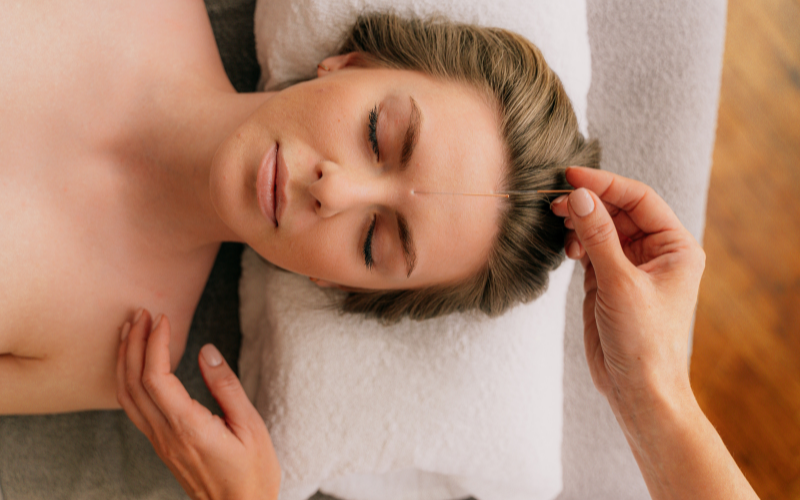
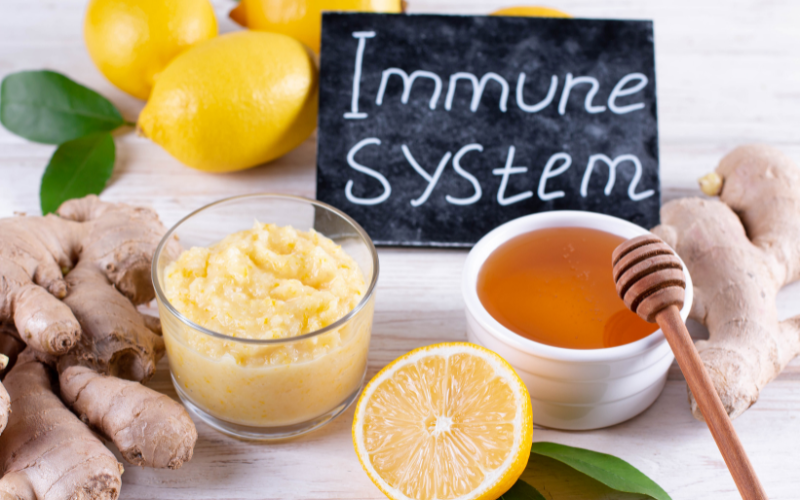
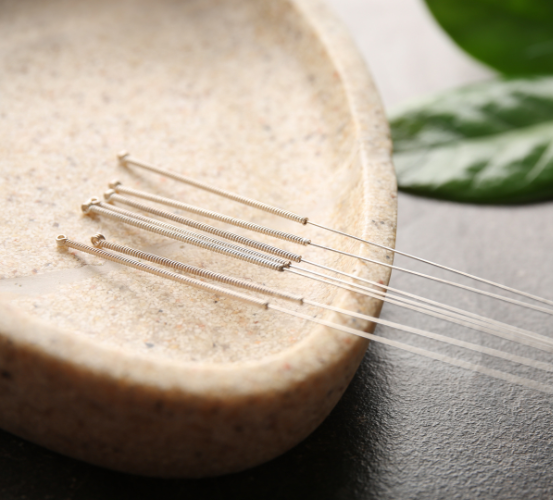


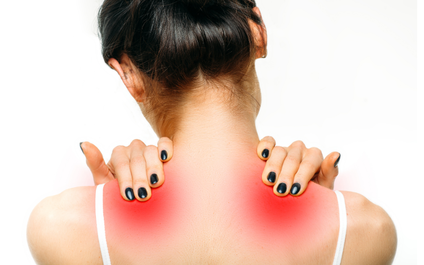
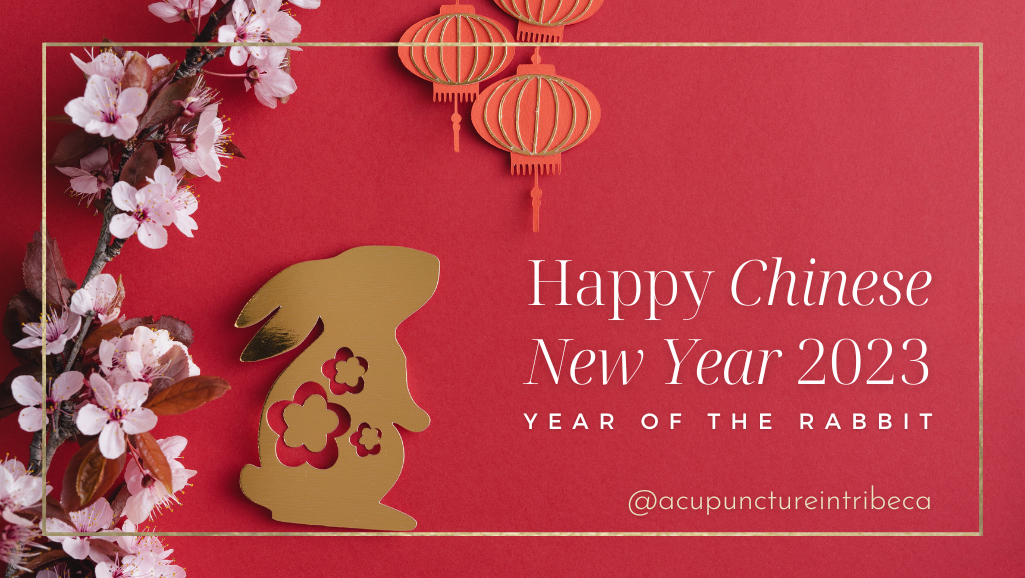
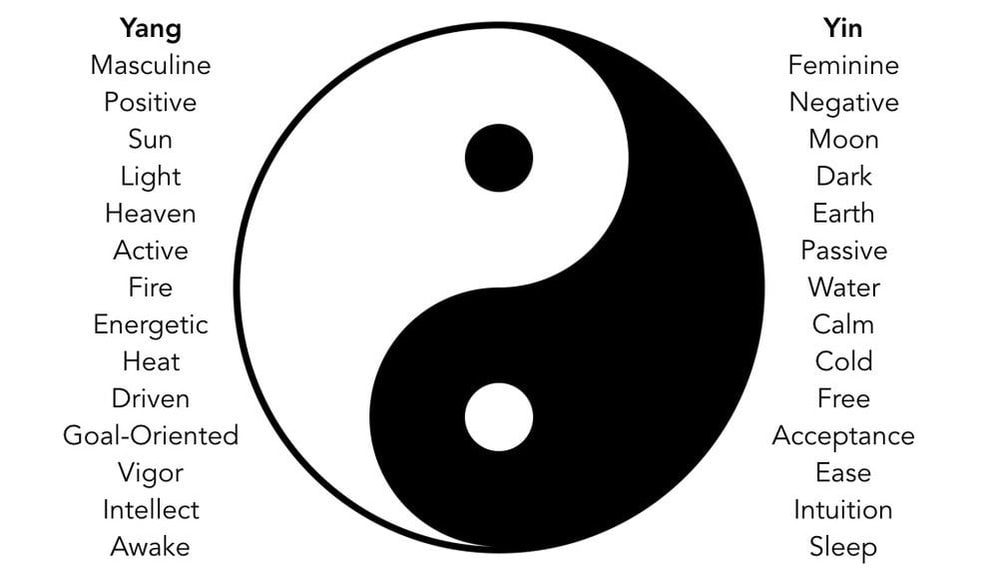
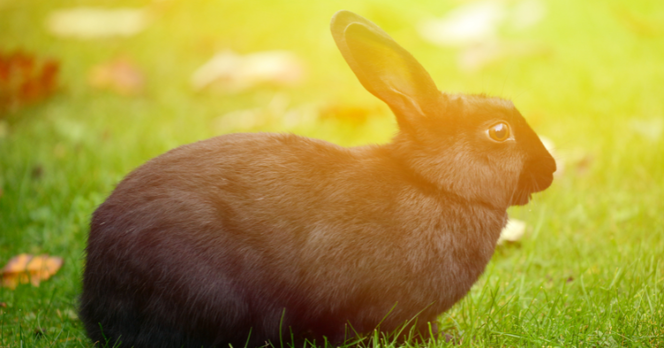
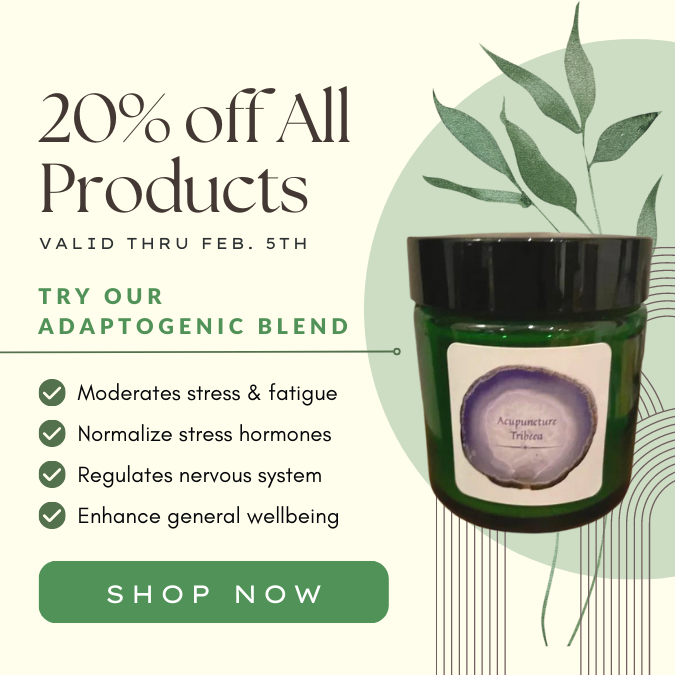
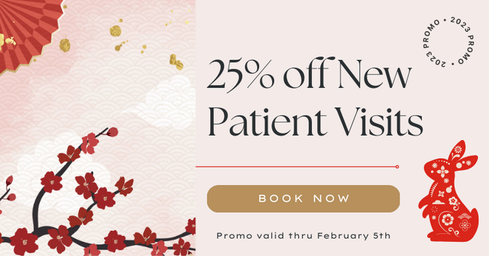



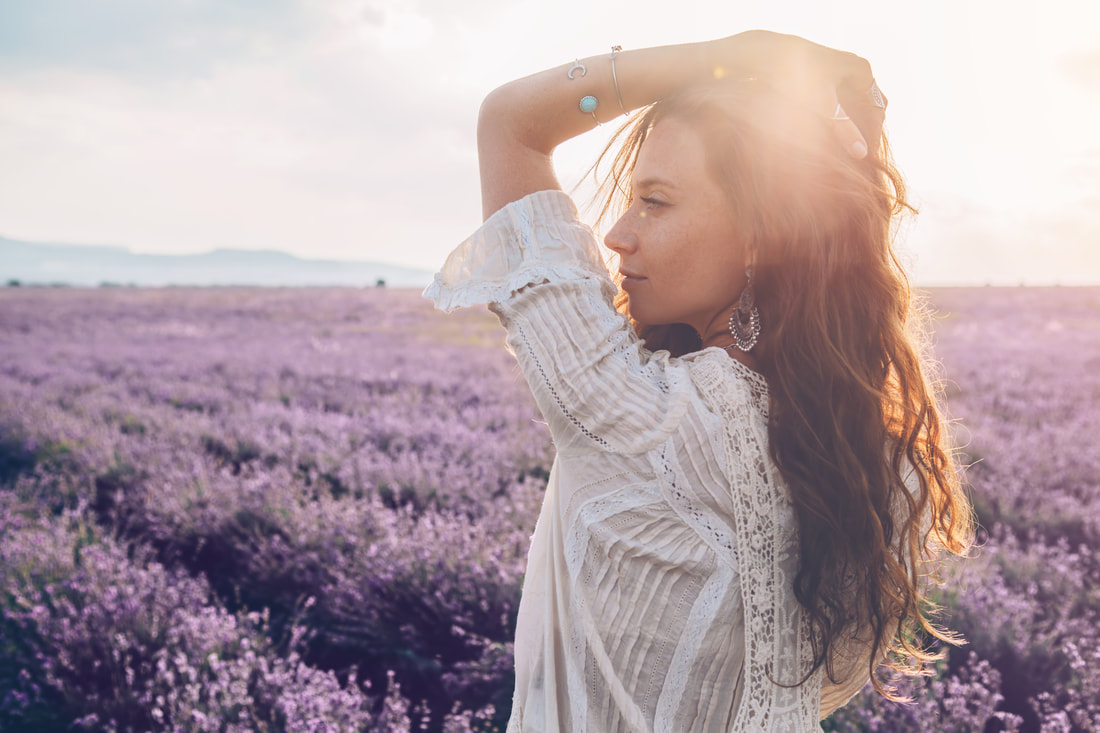

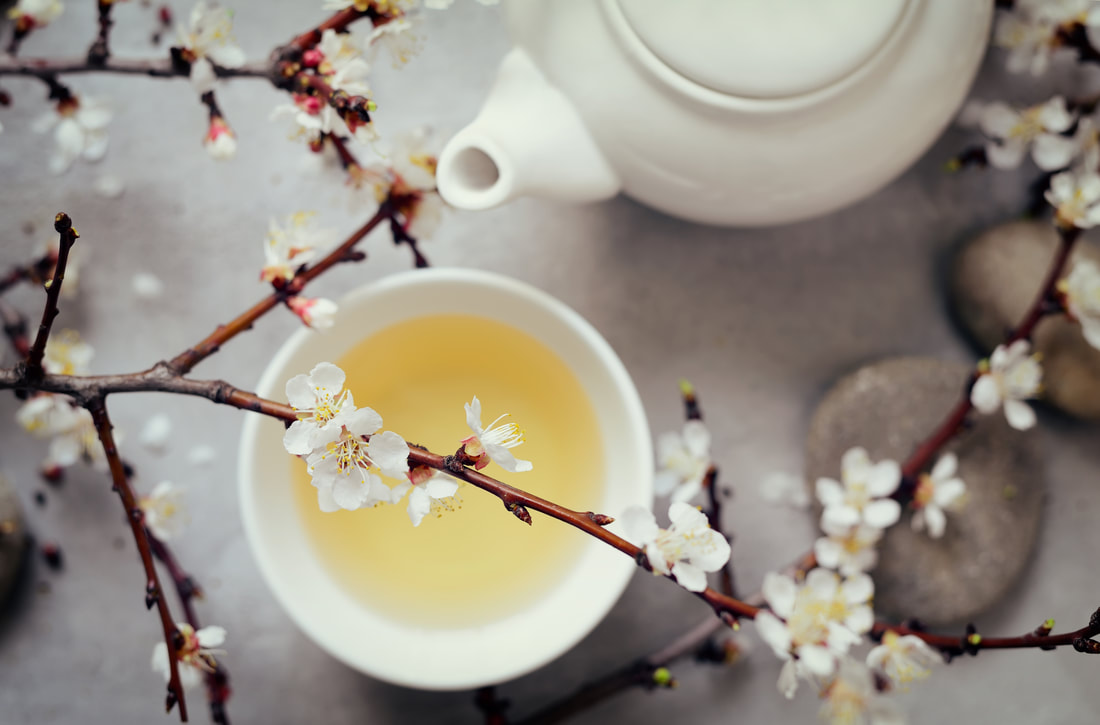
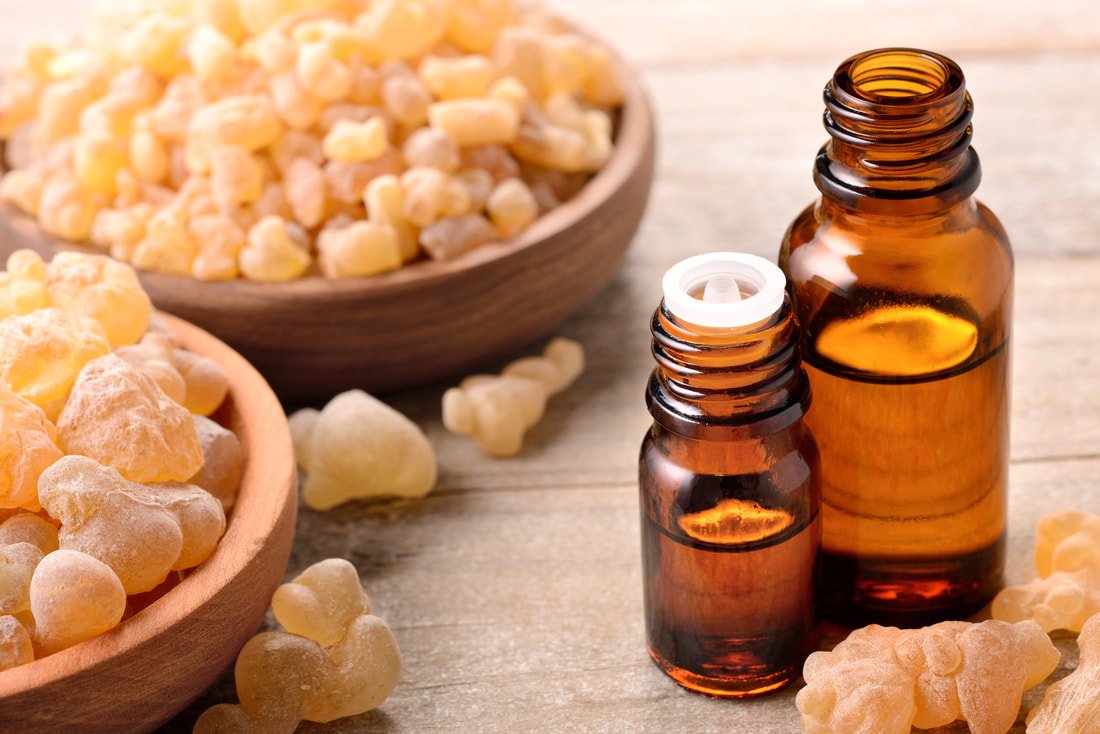
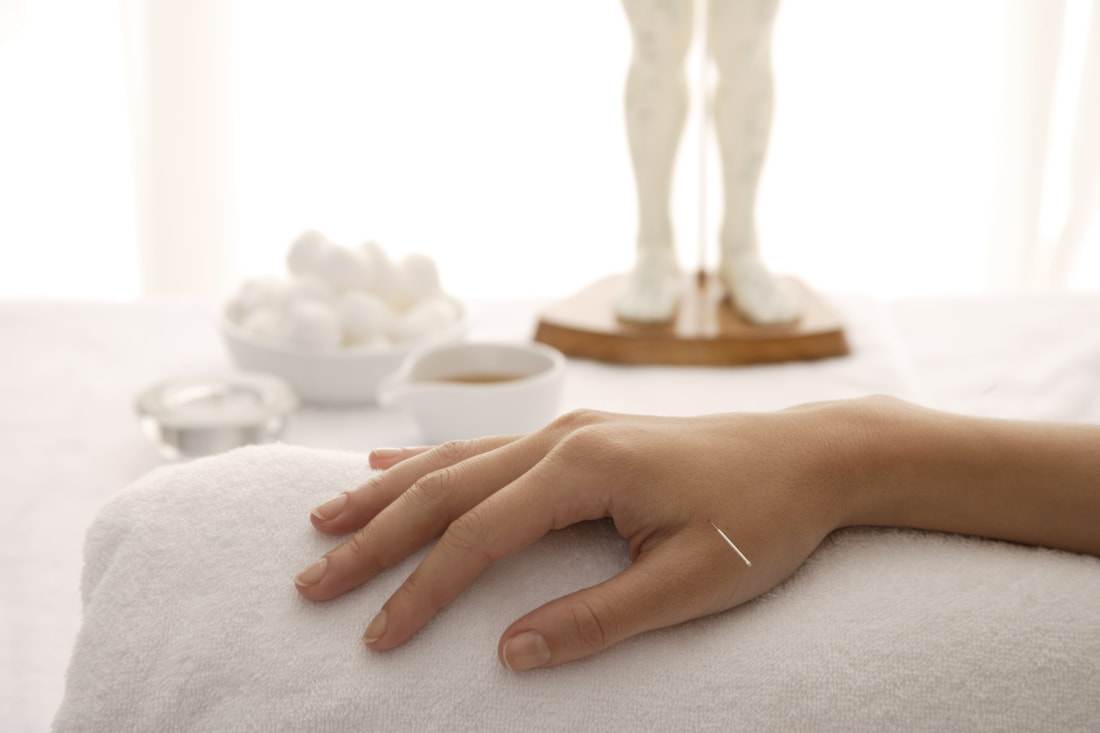
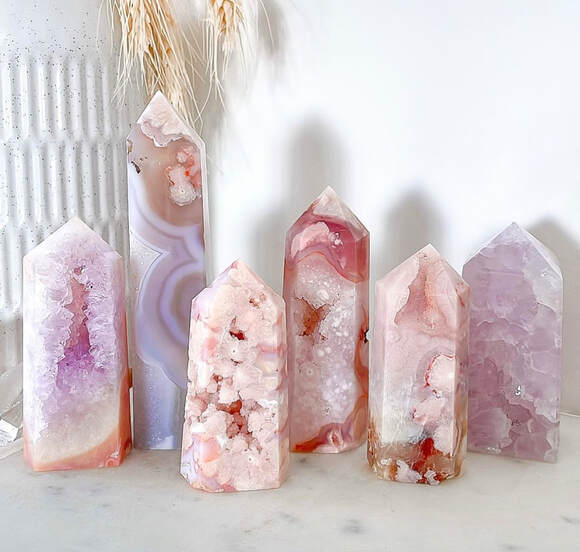
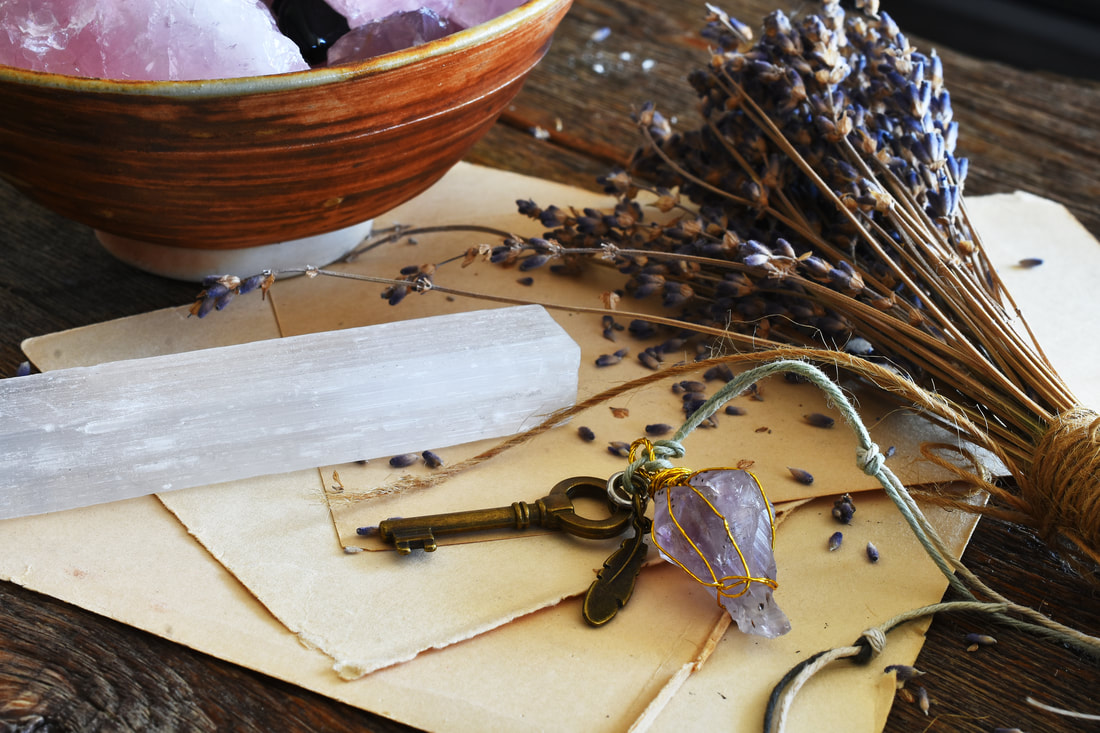
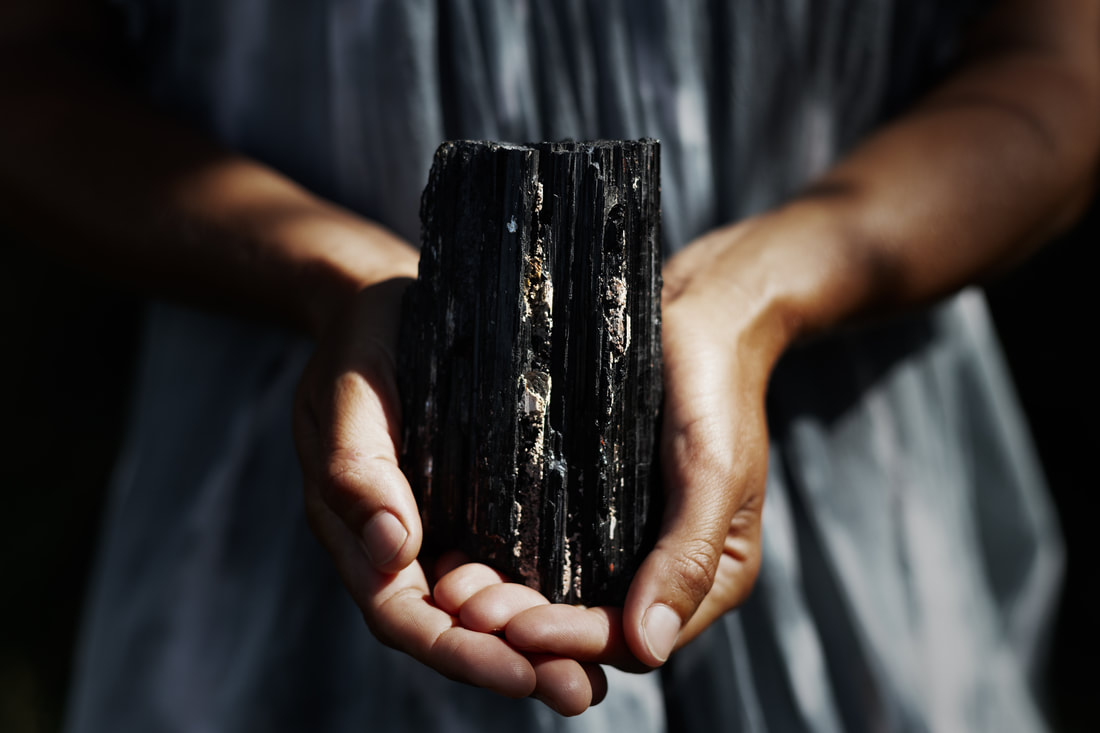

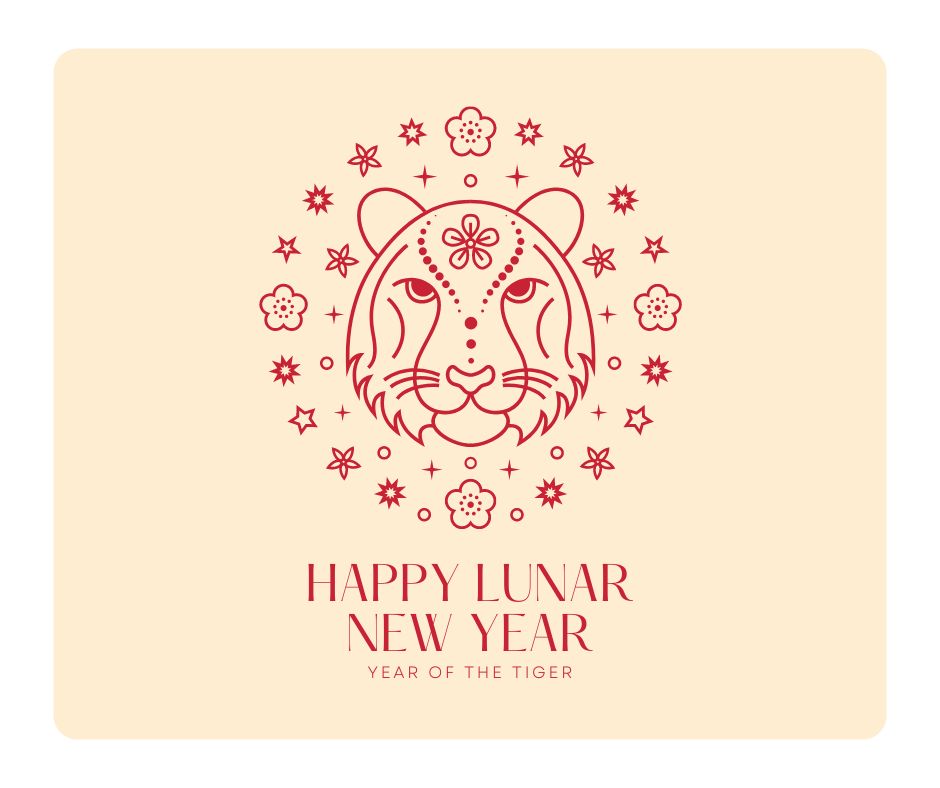

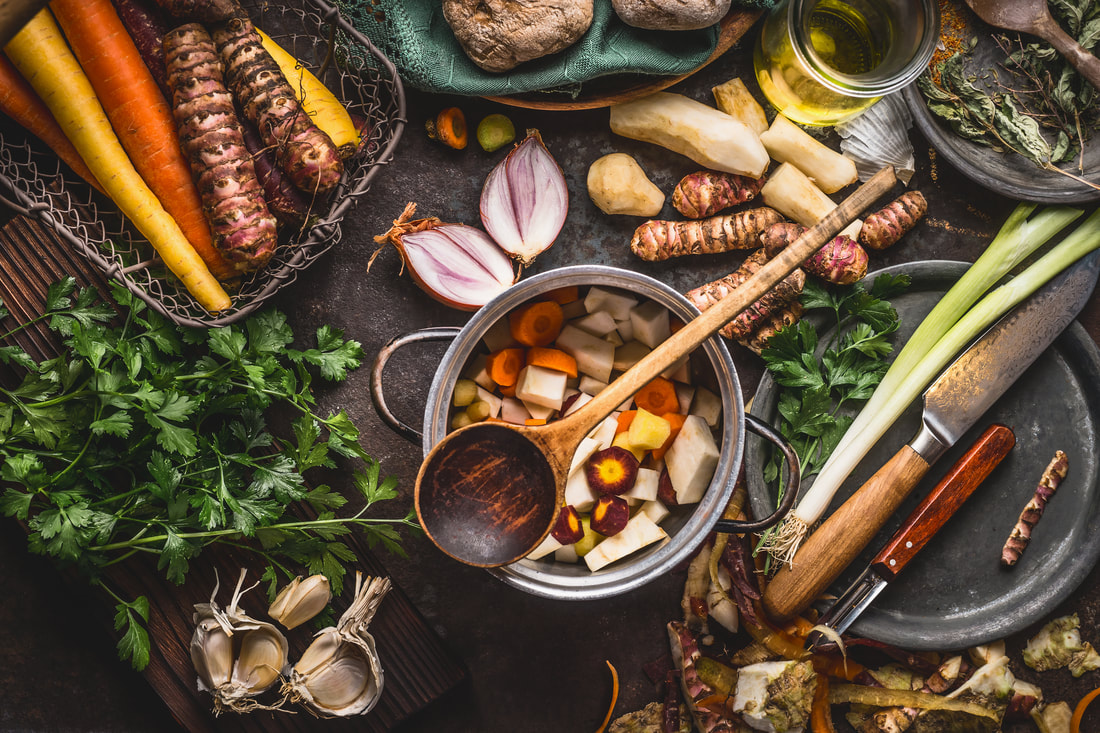
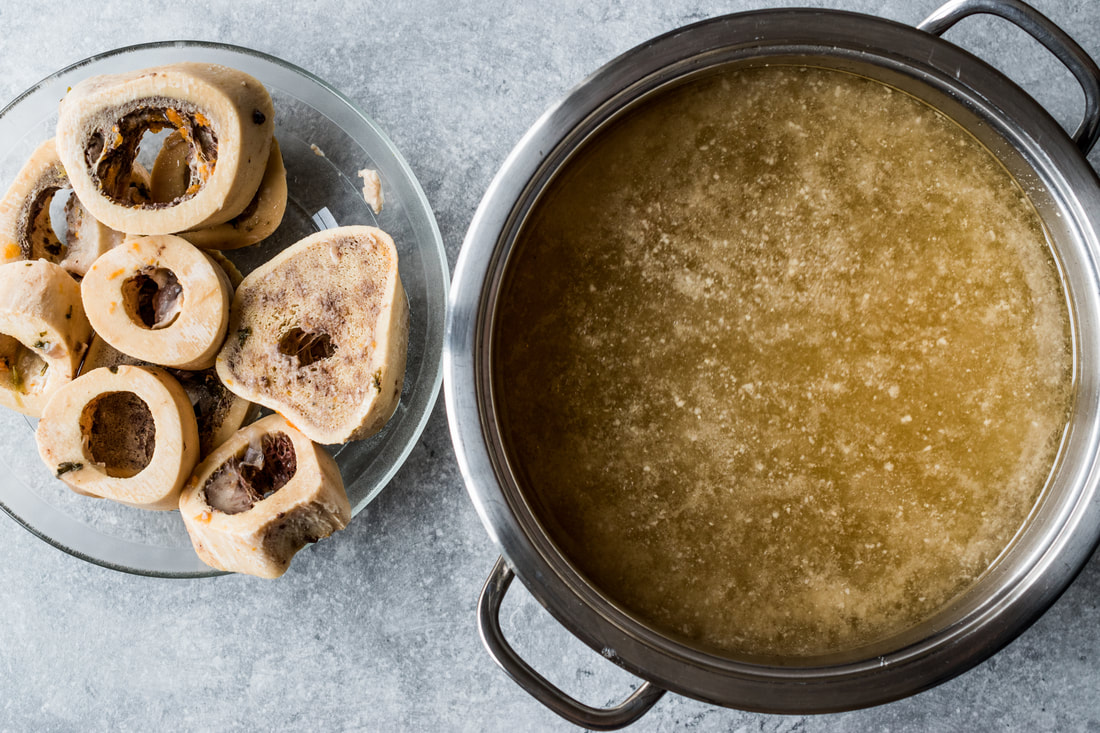
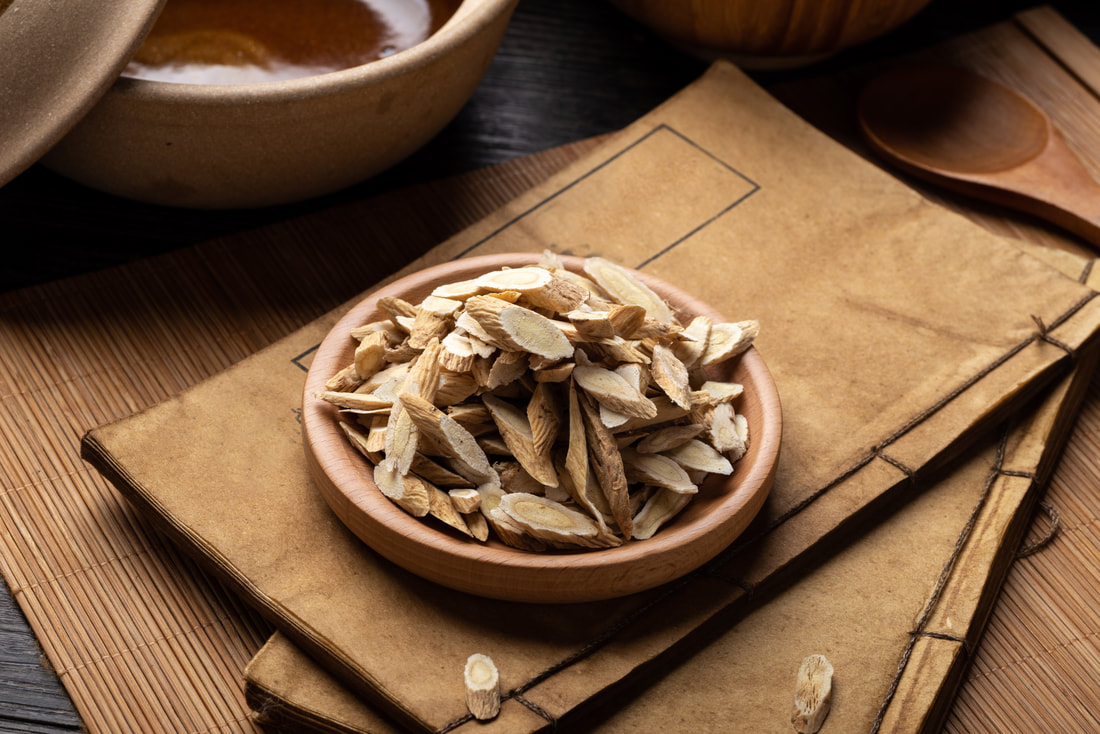


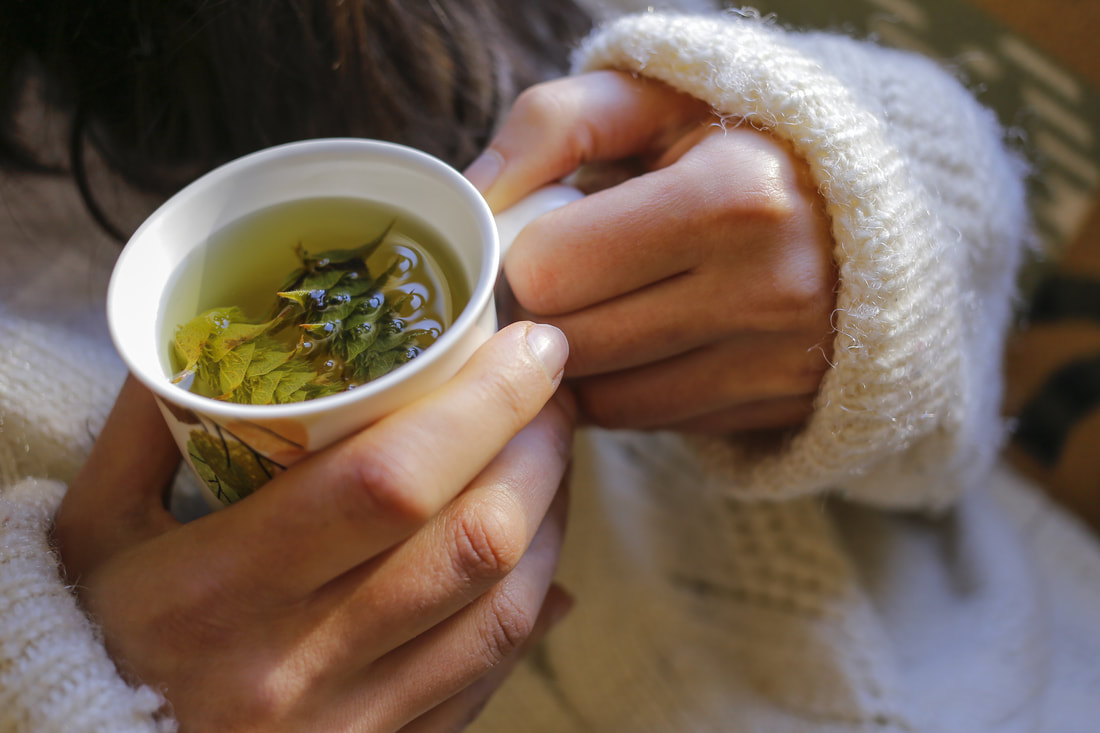



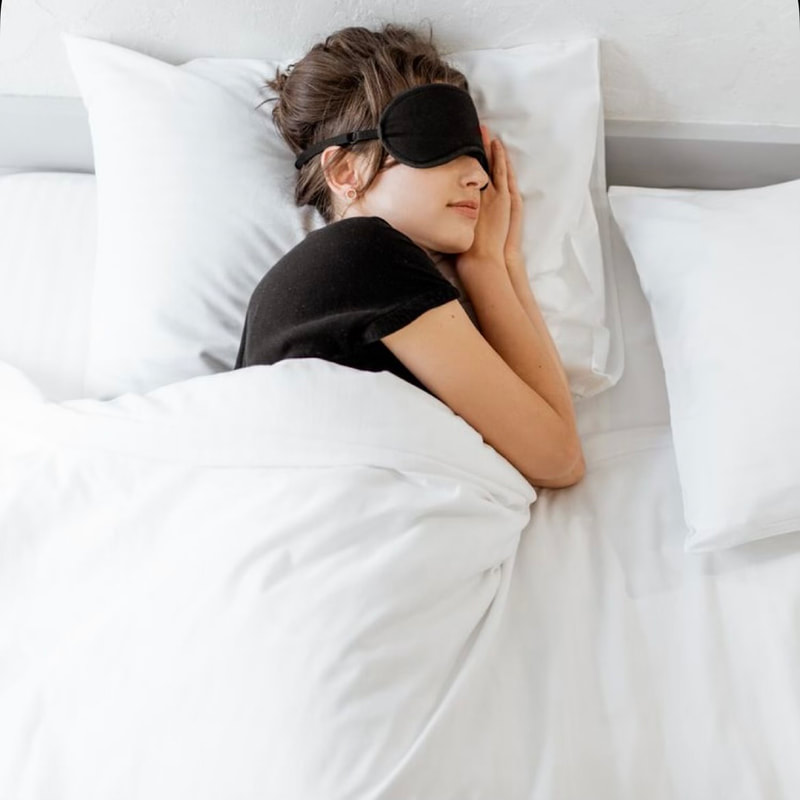
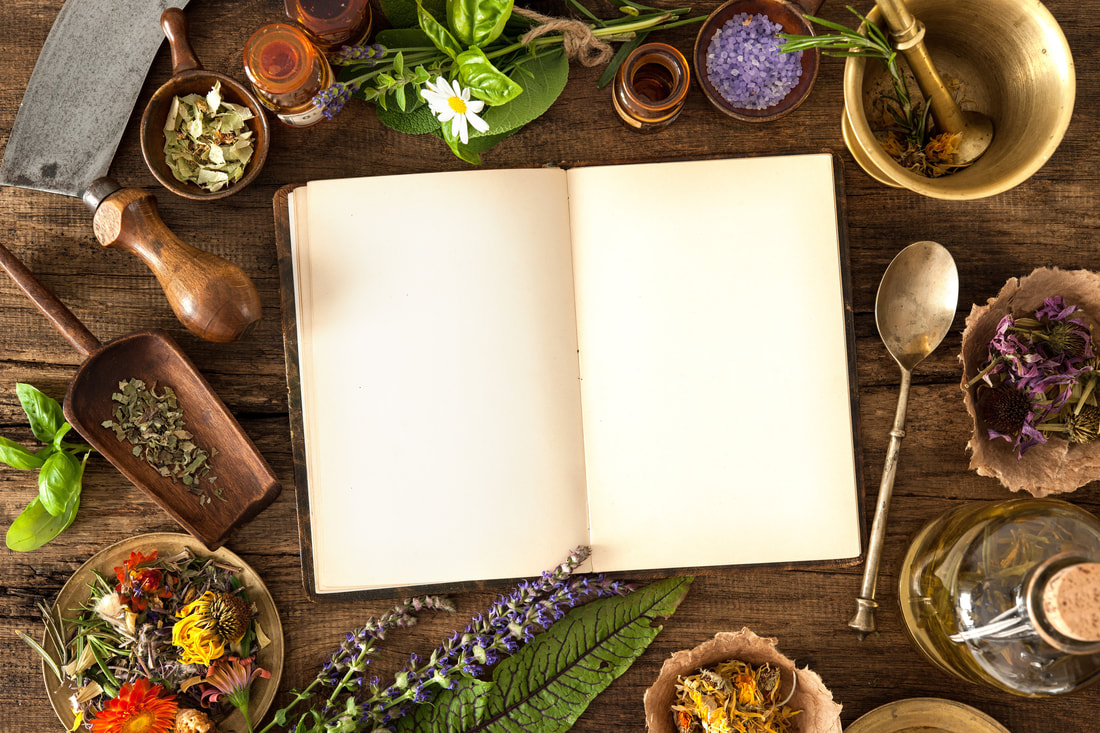
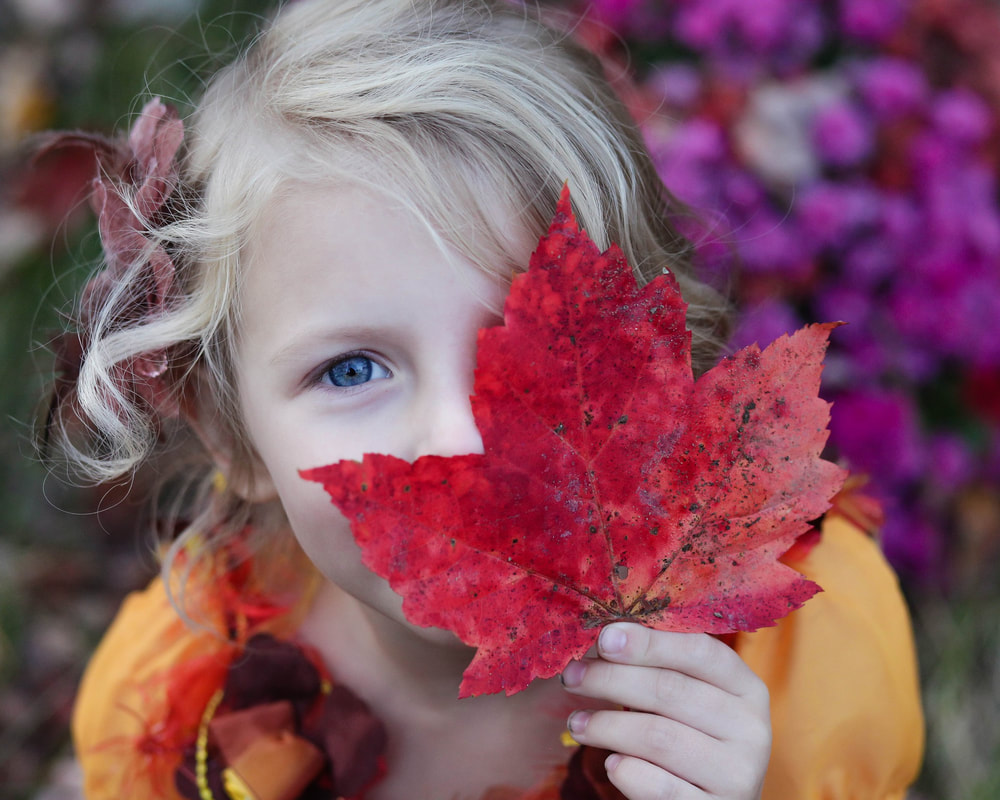
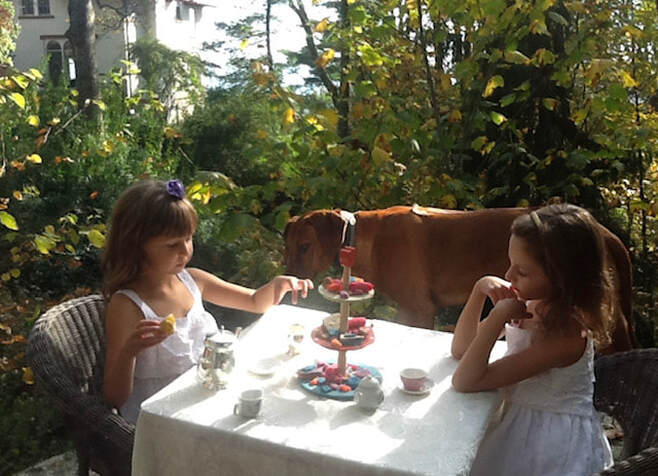
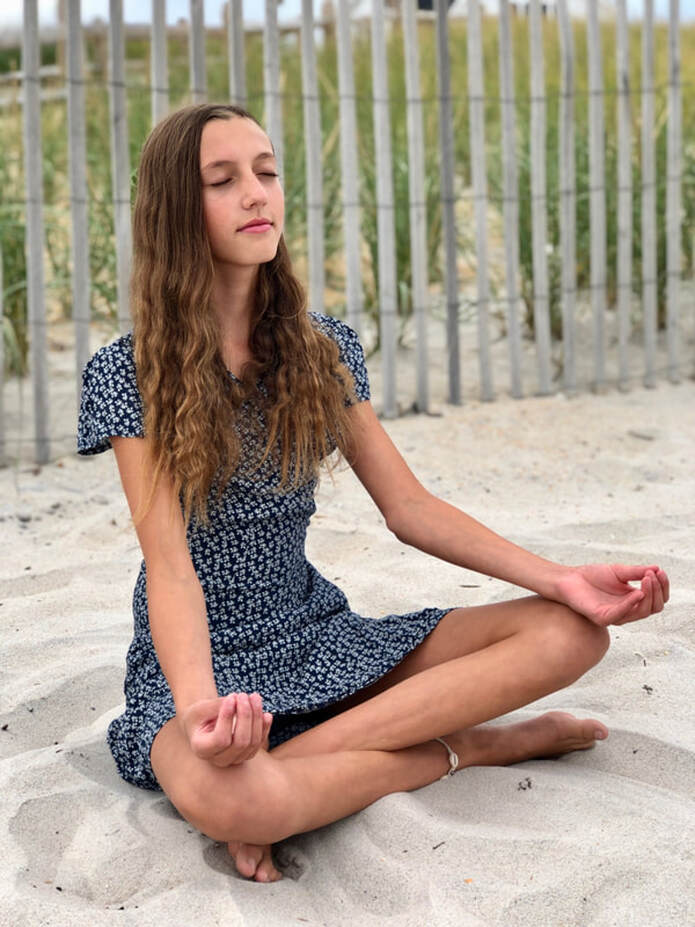
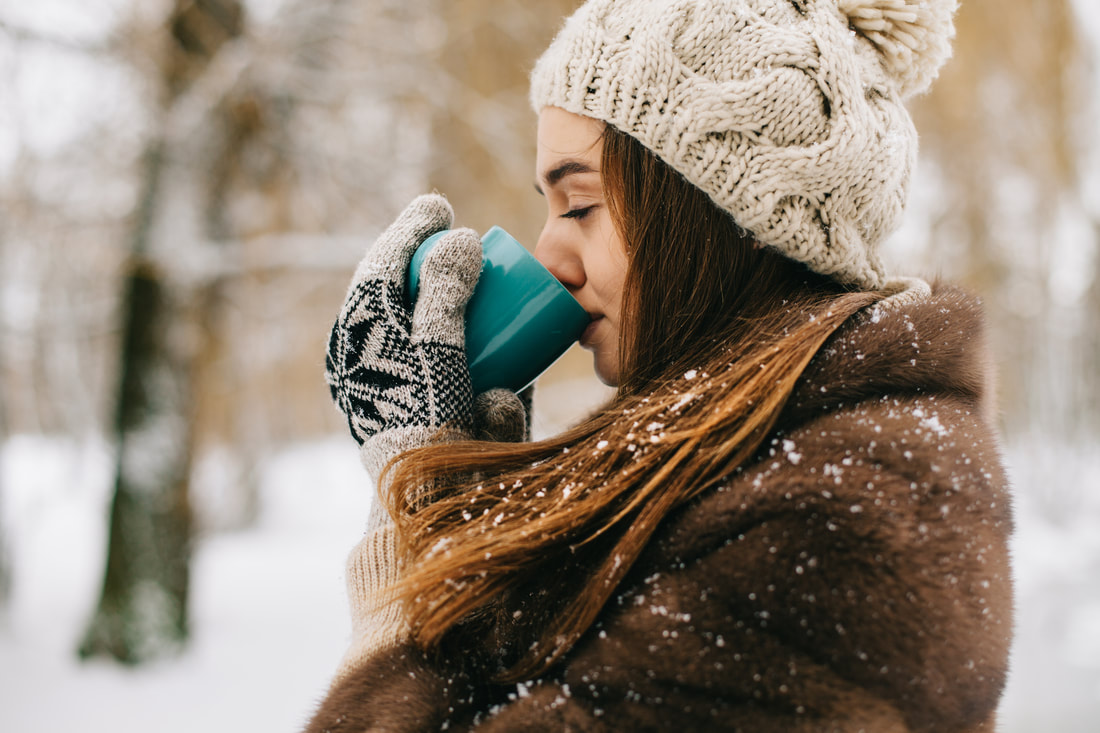

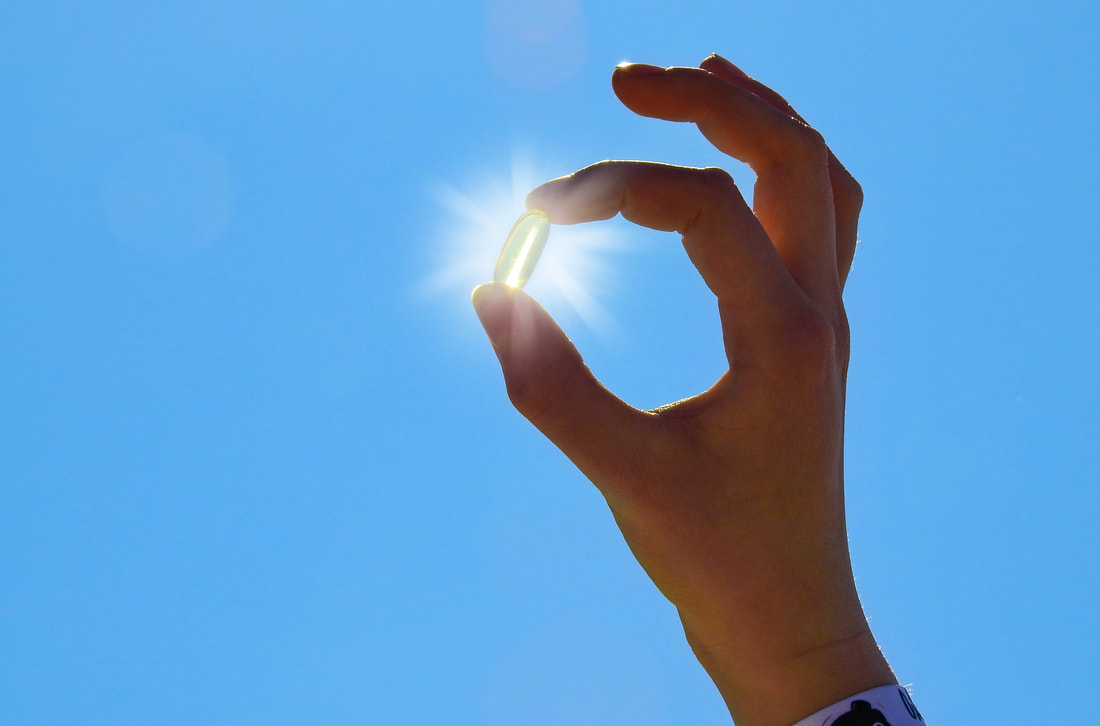

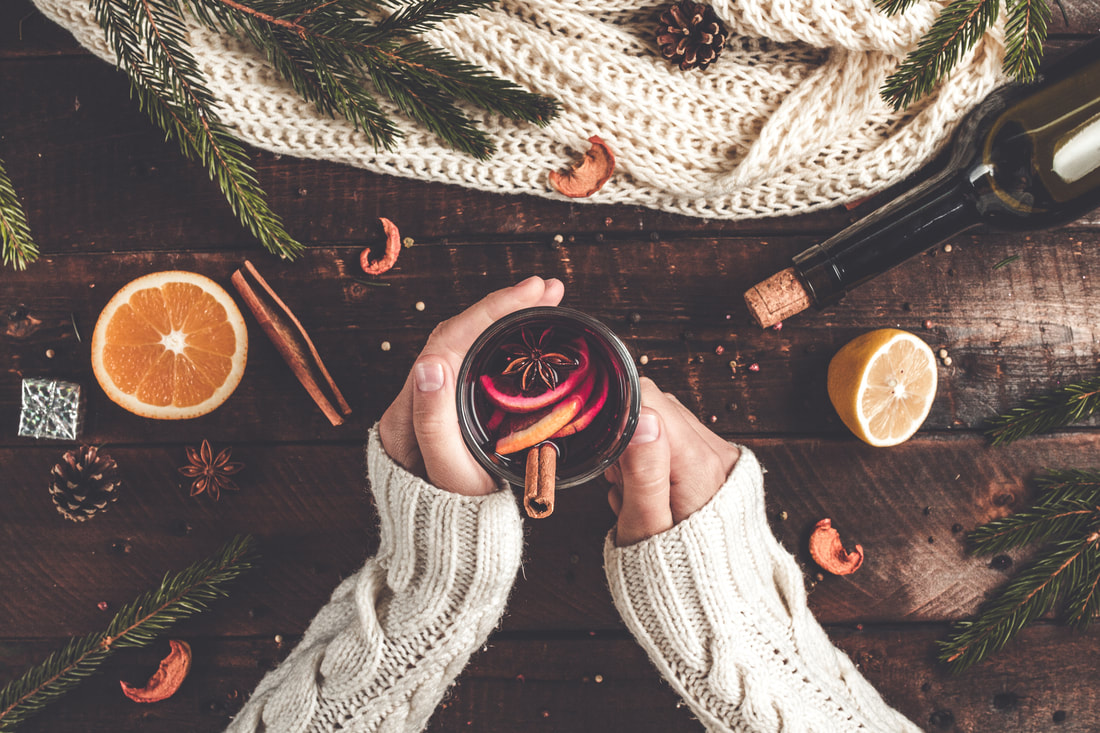
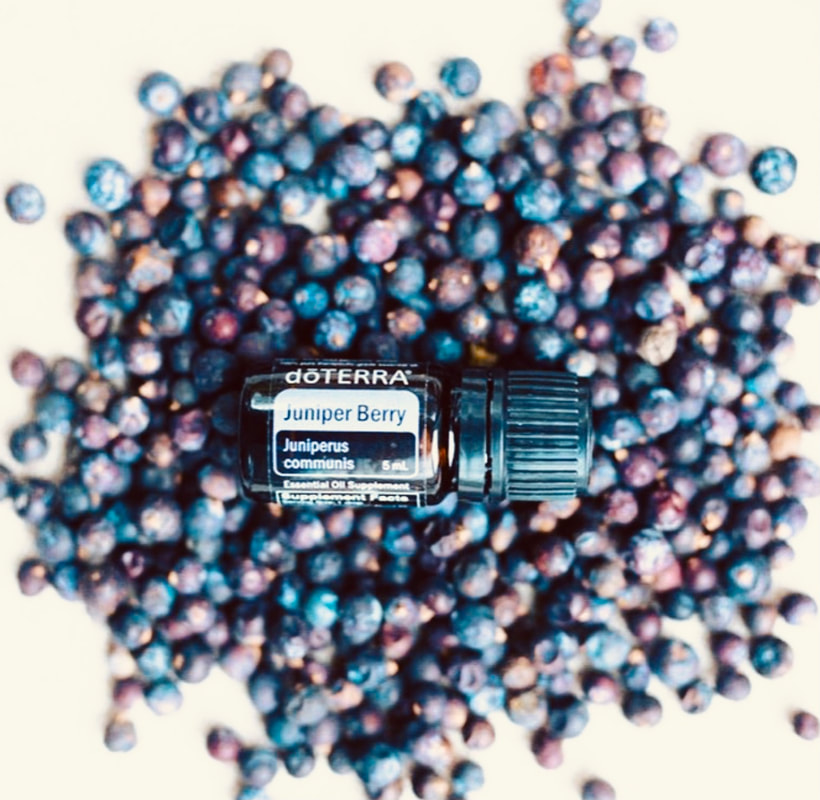
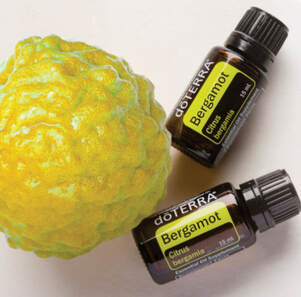
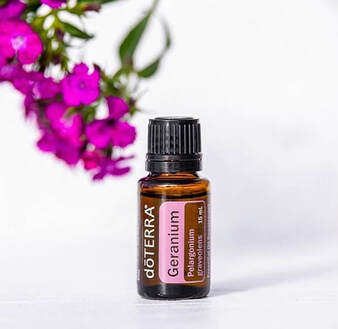
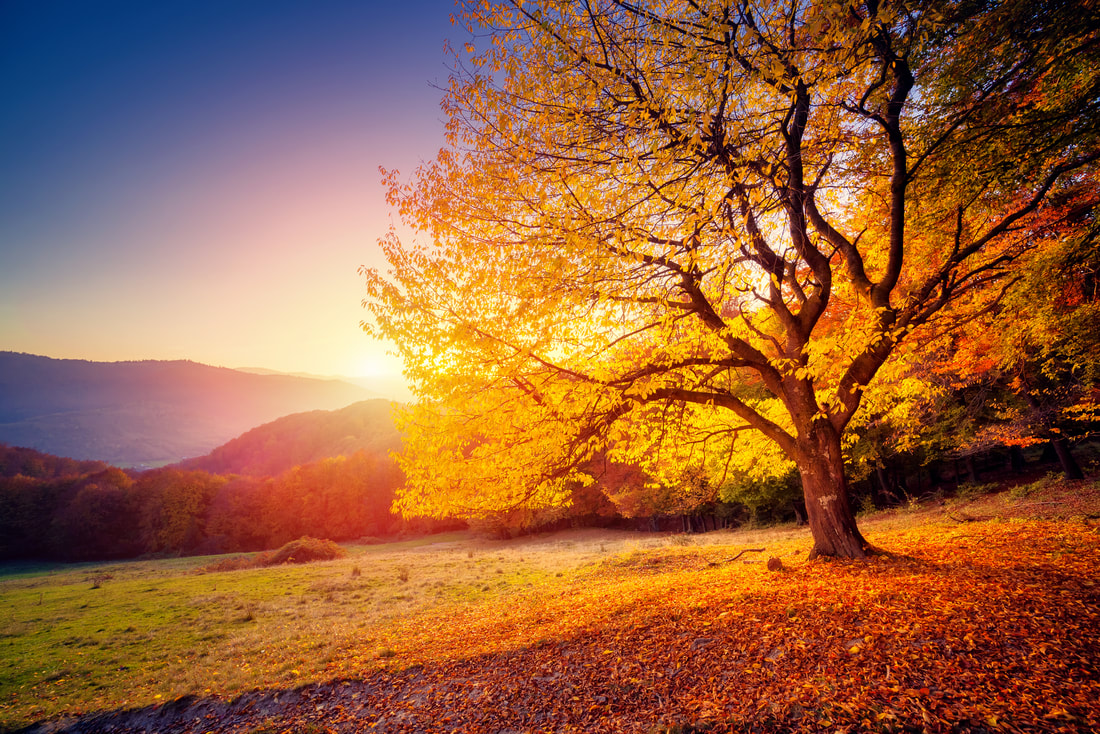
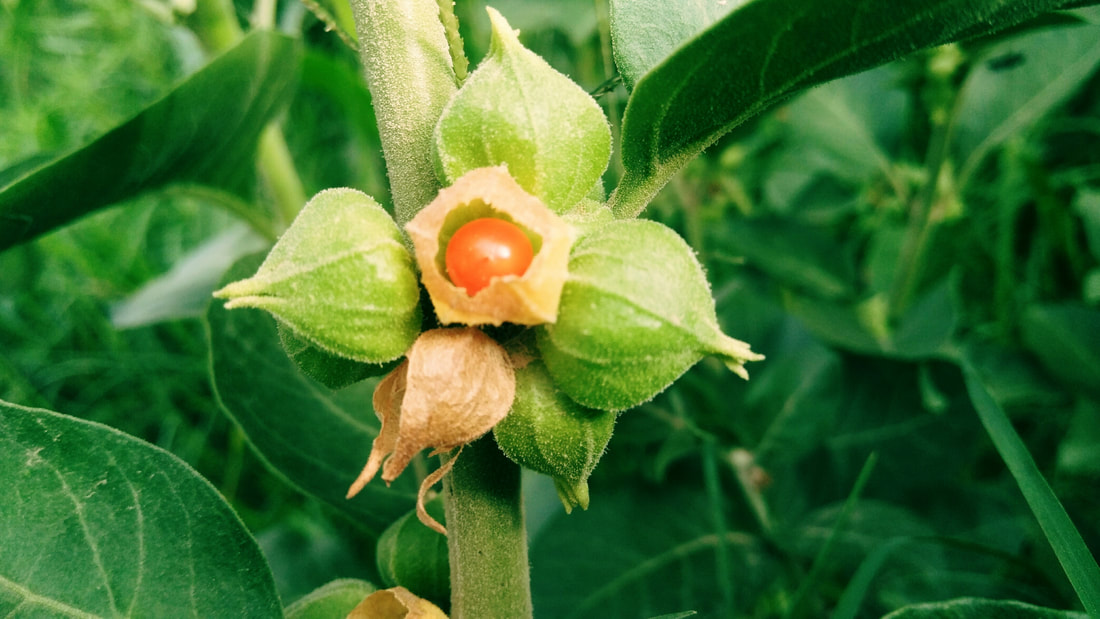
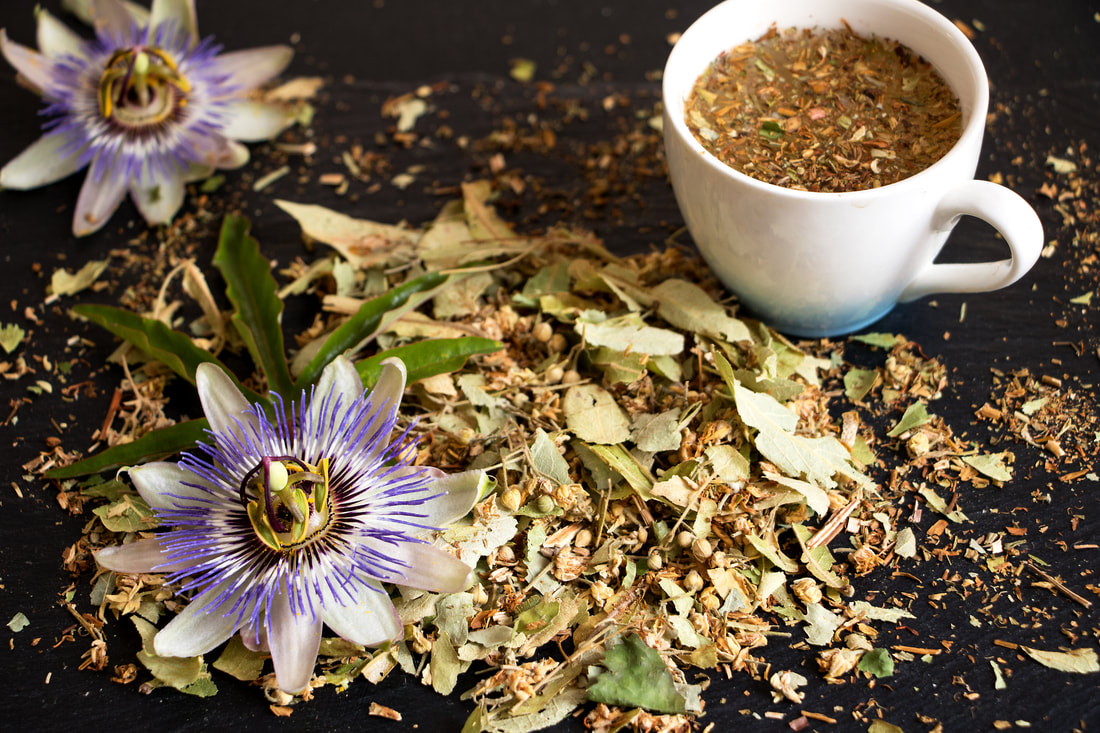
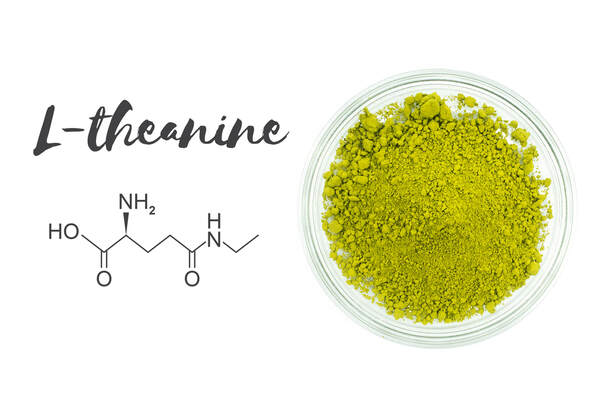

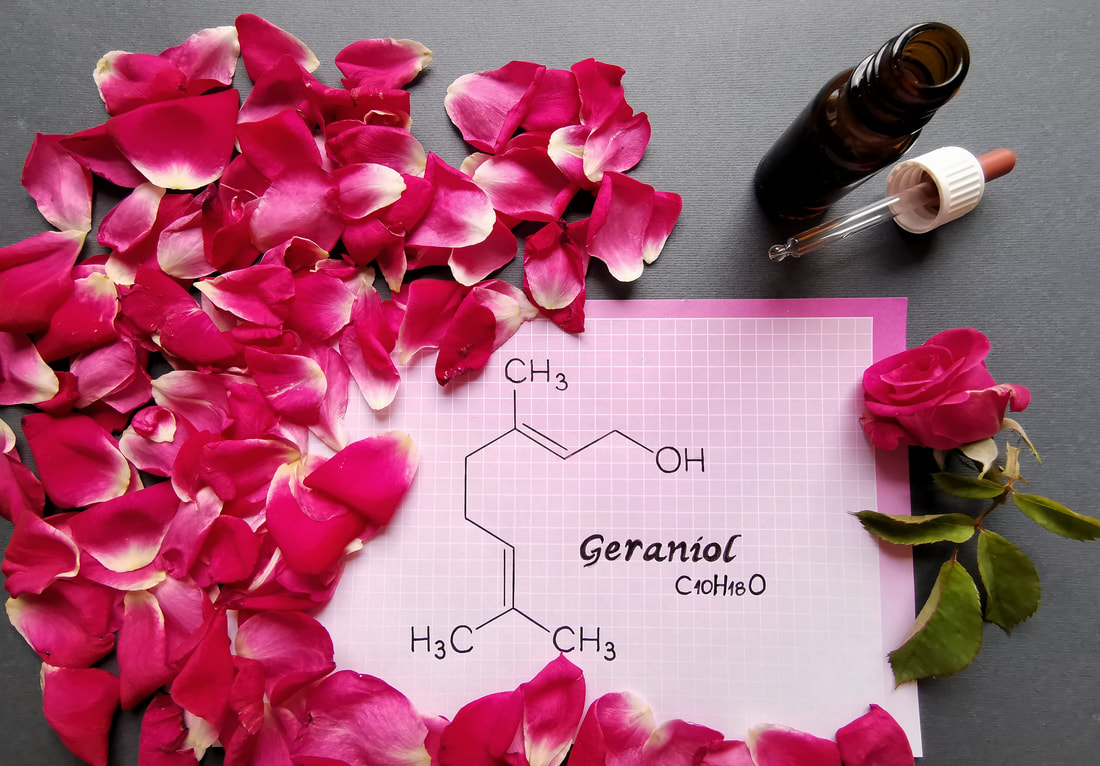
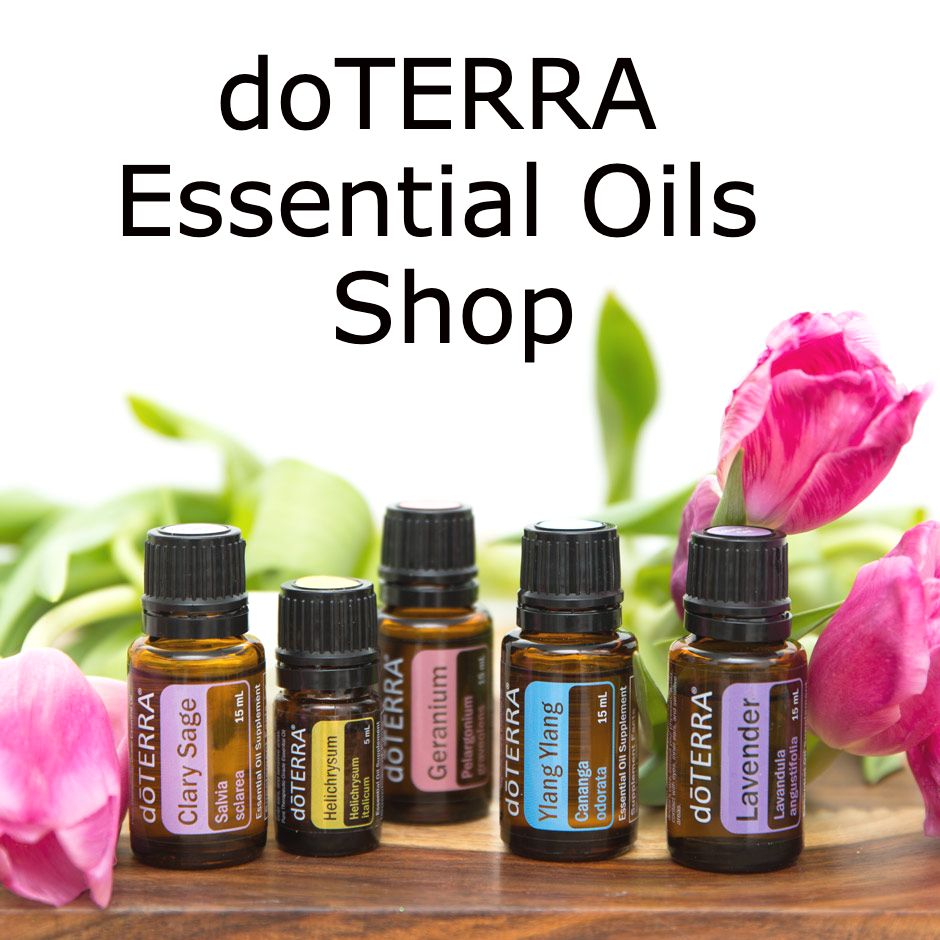
 RSS Feed
RSS Feed